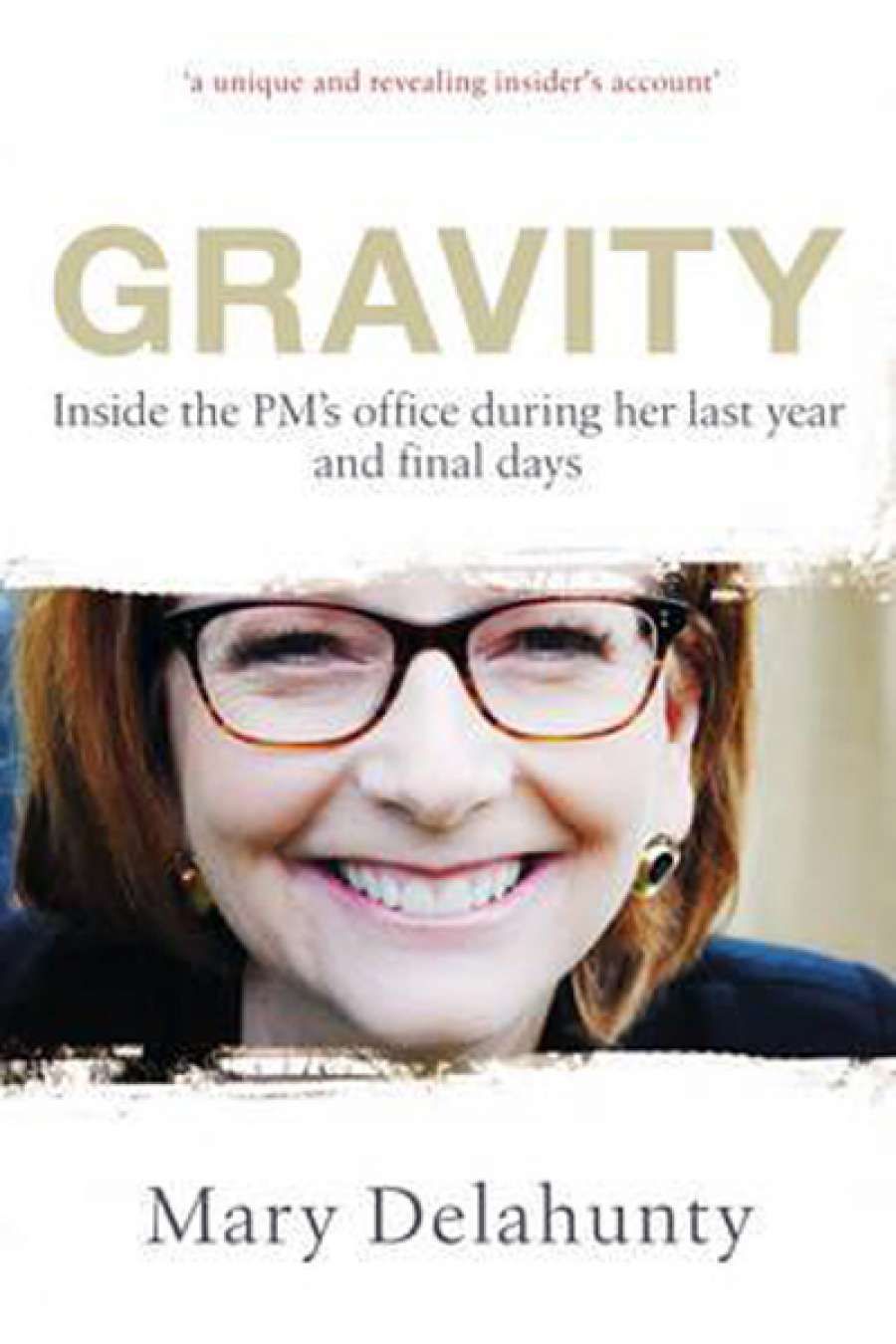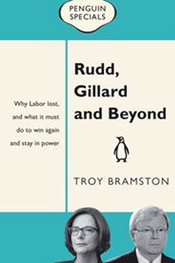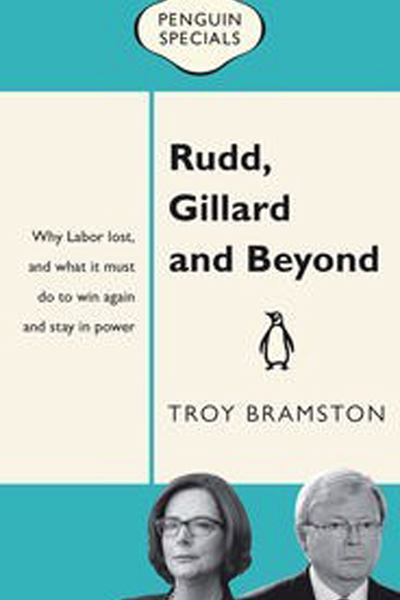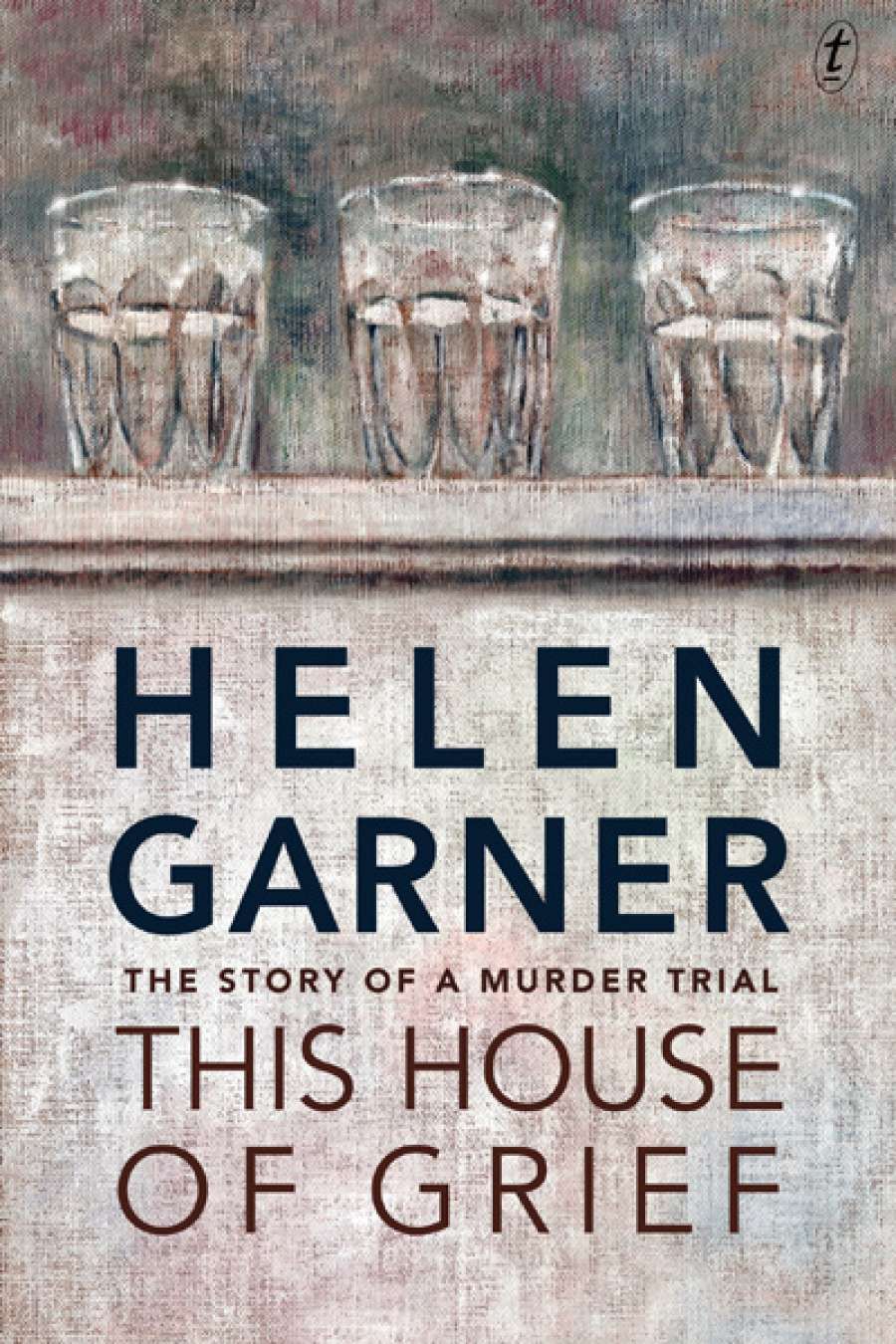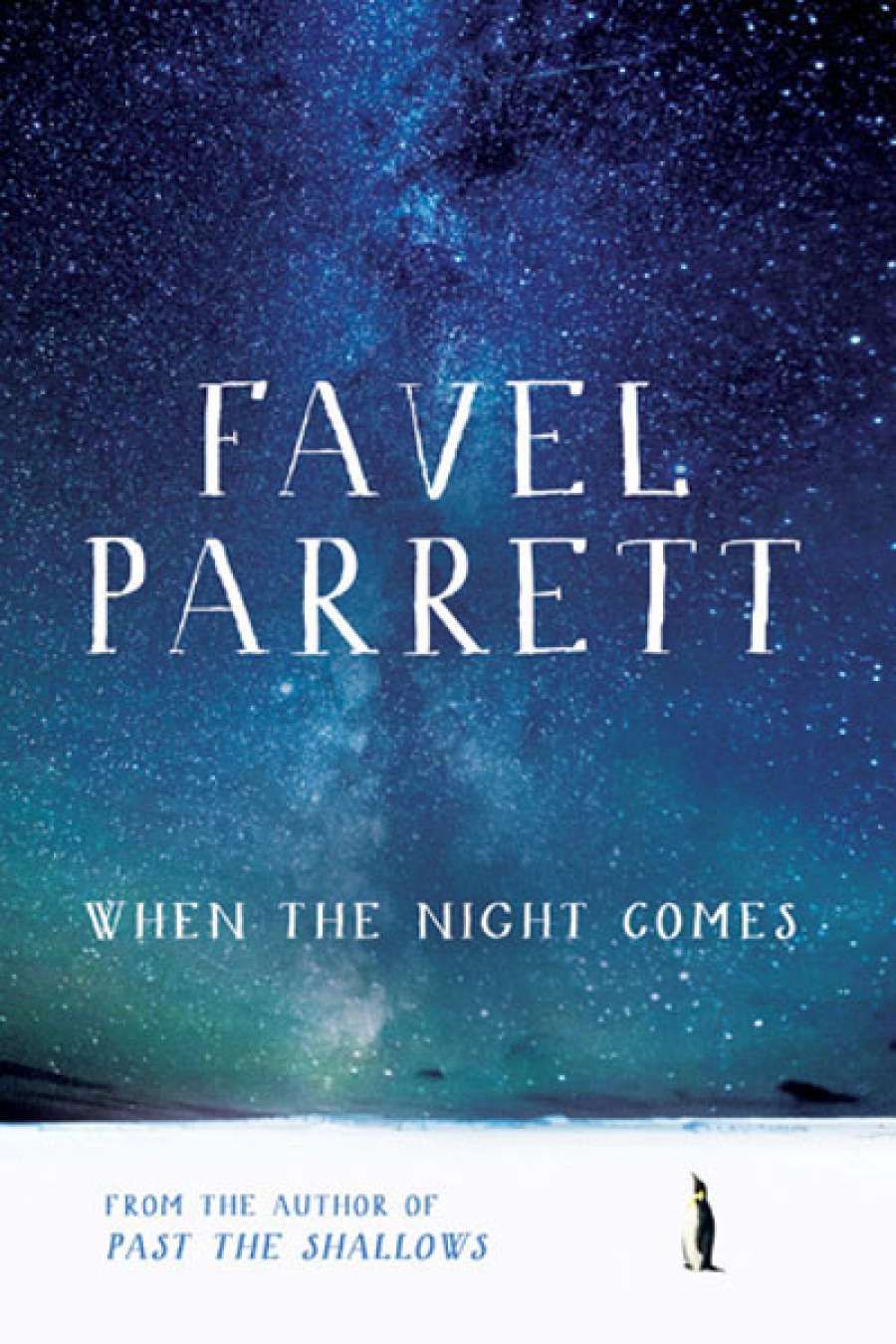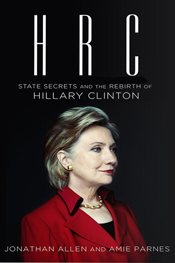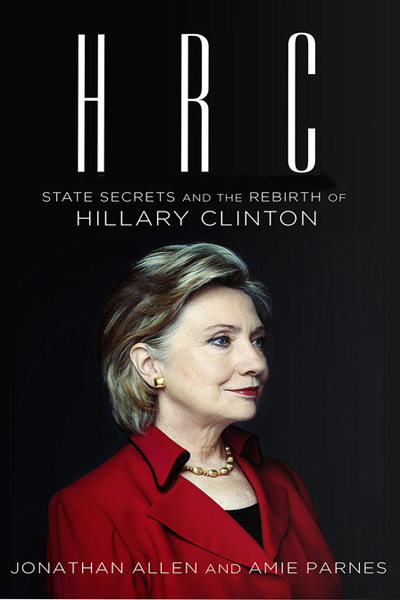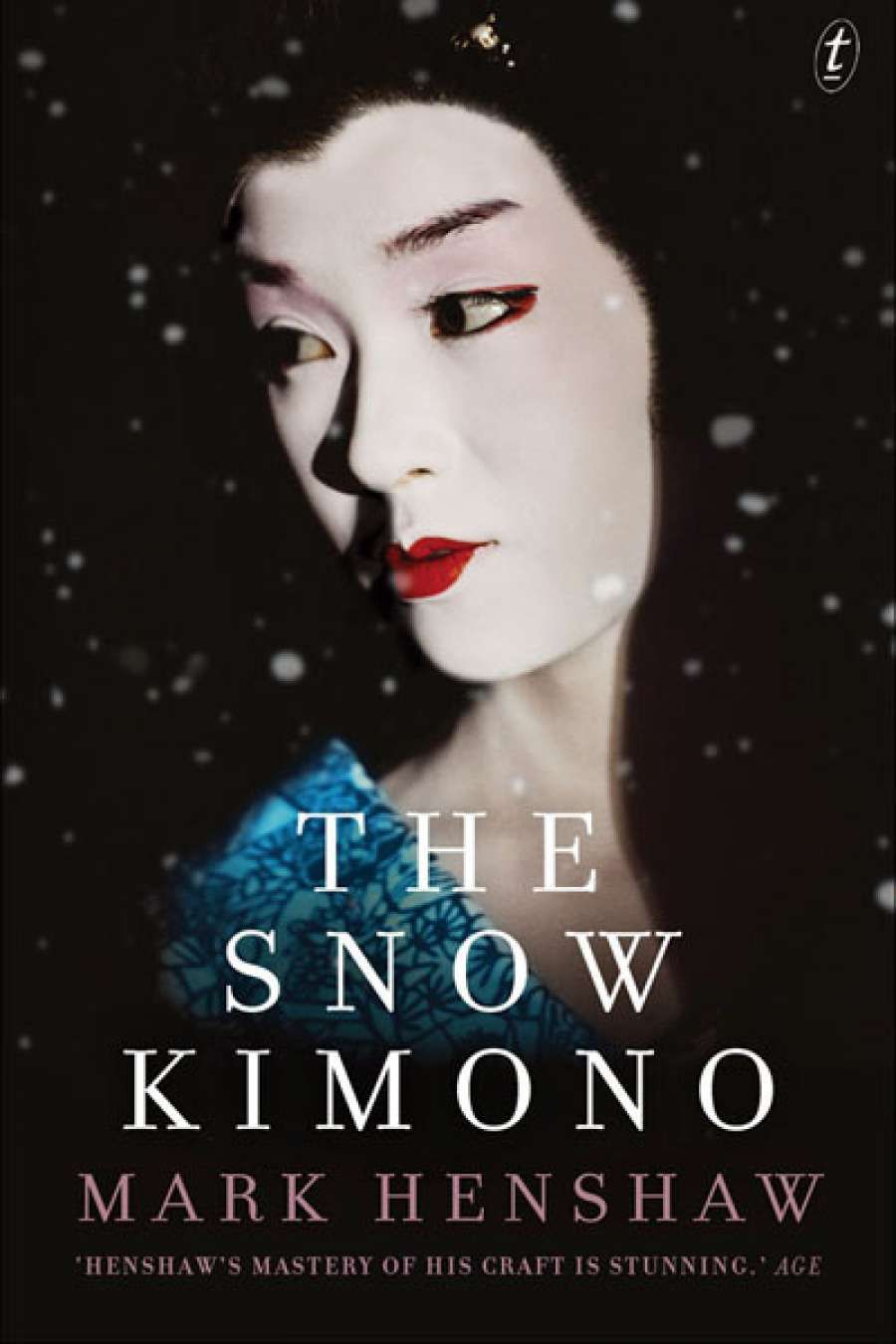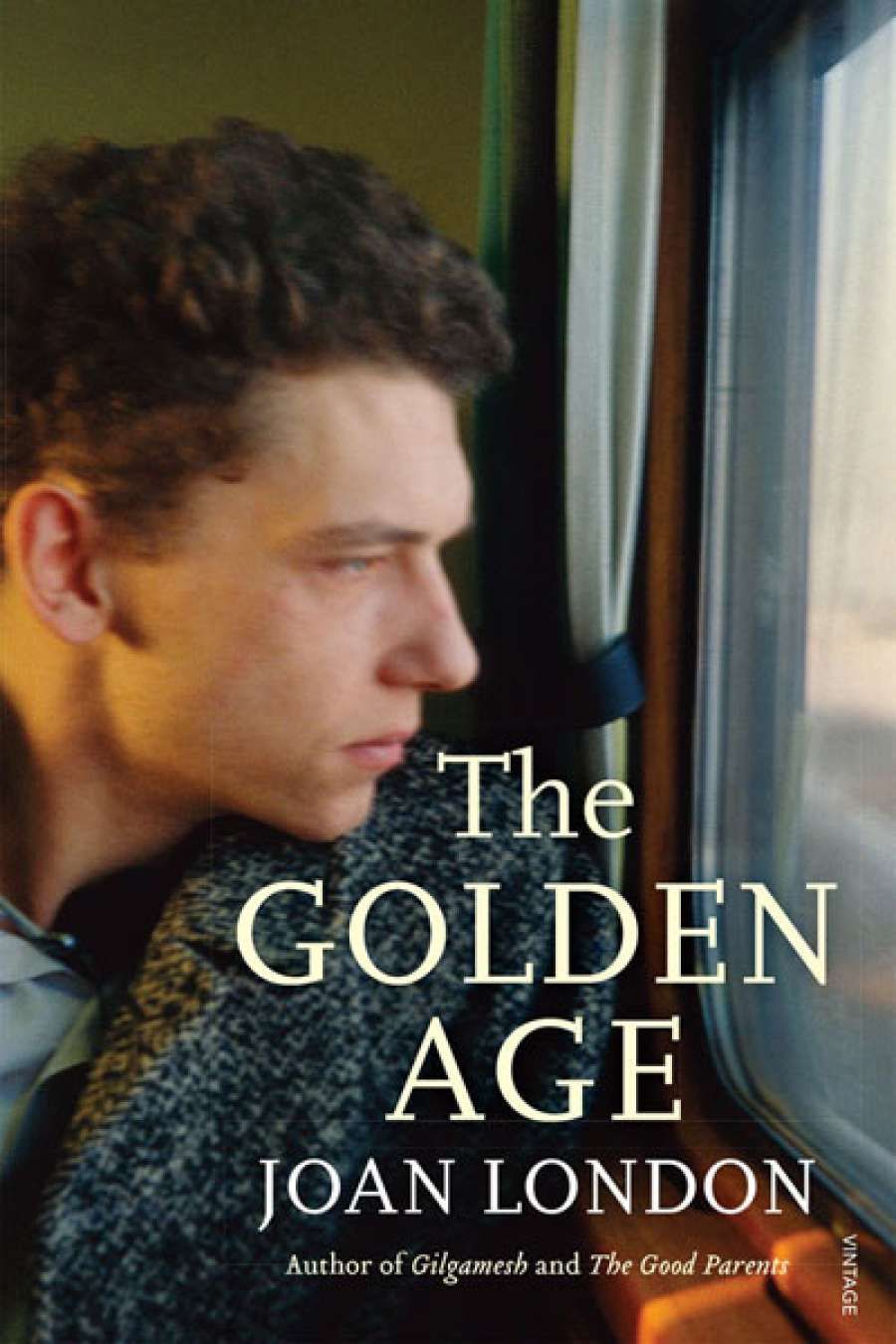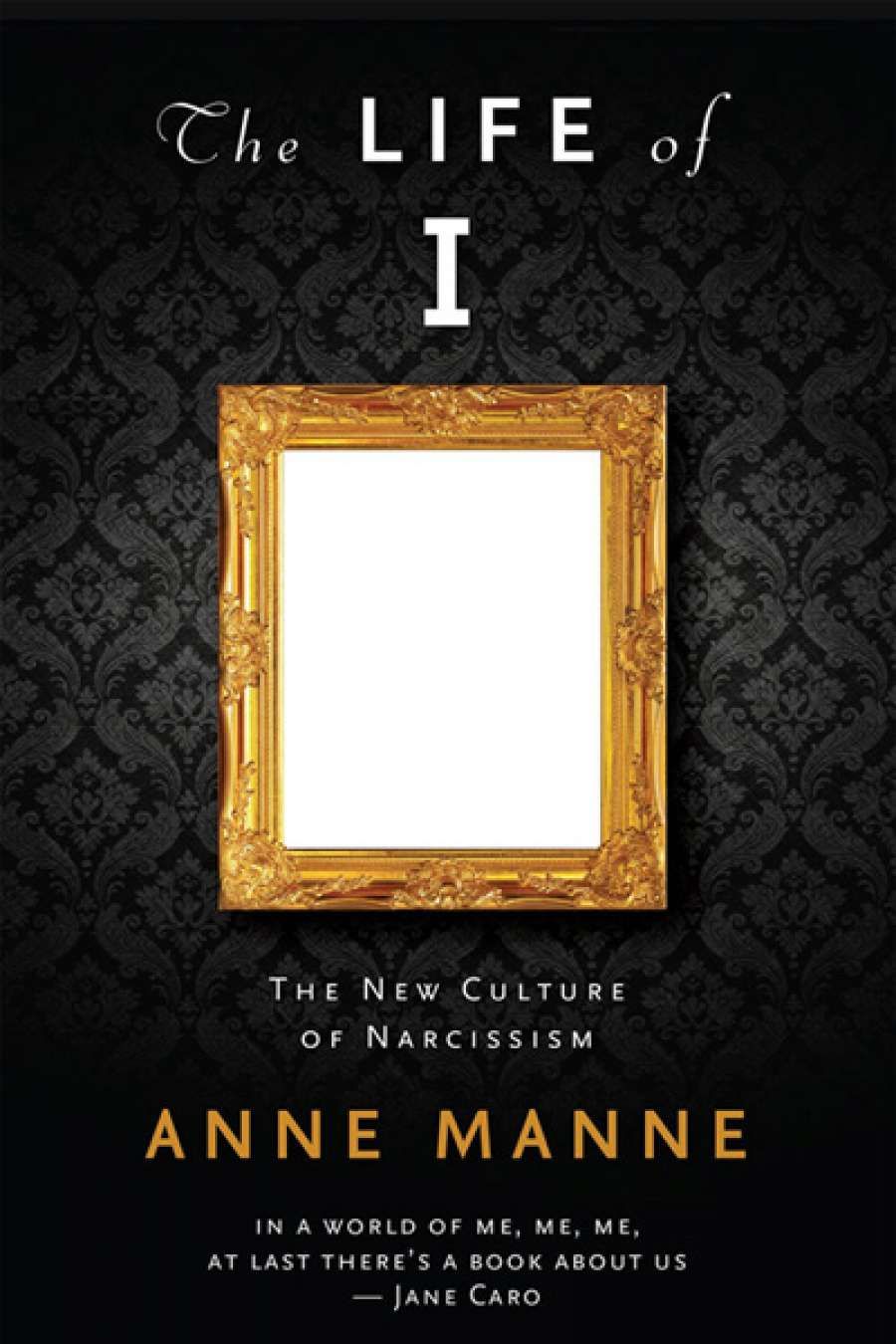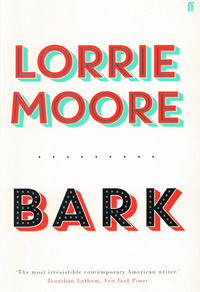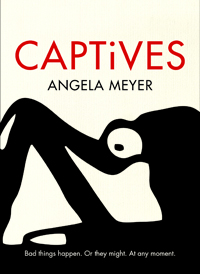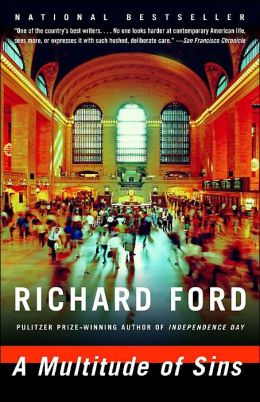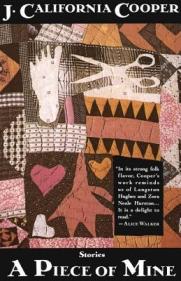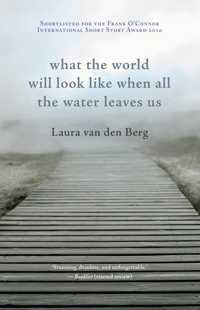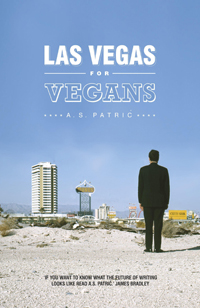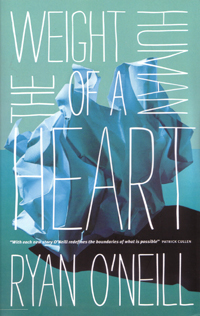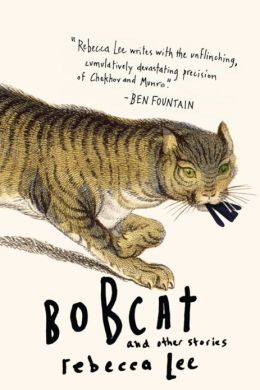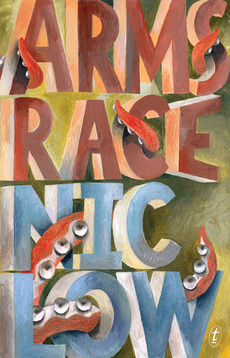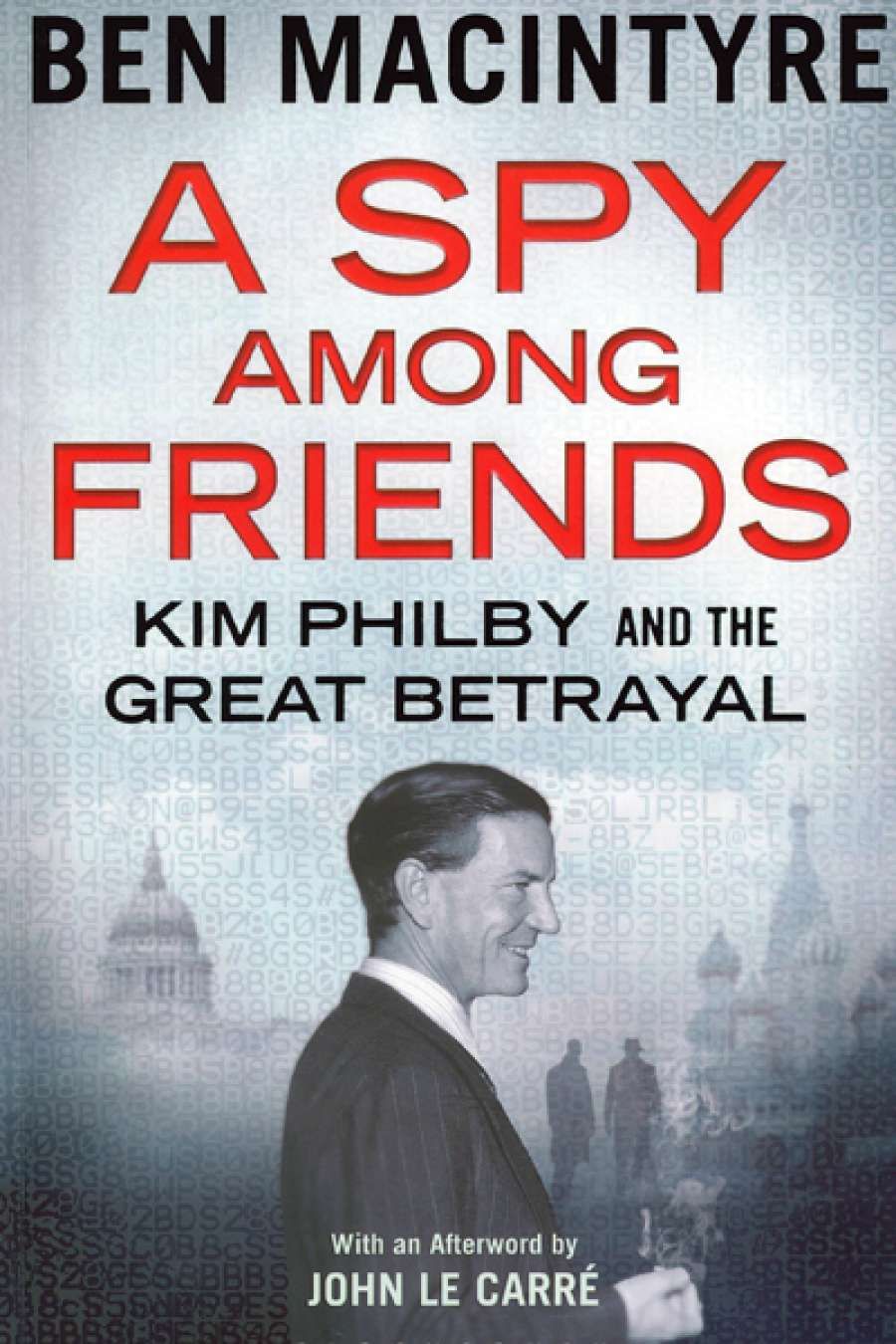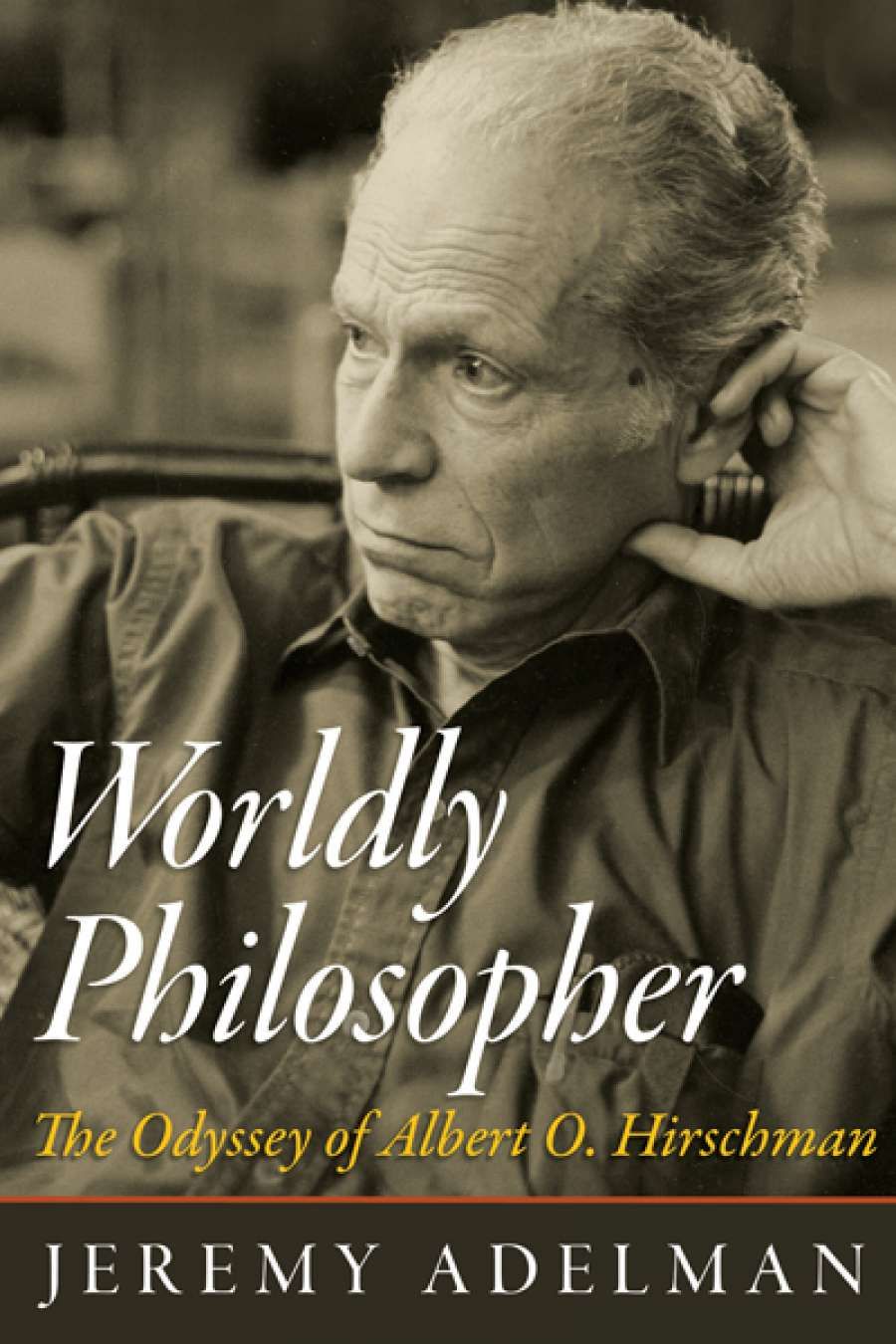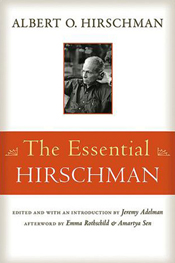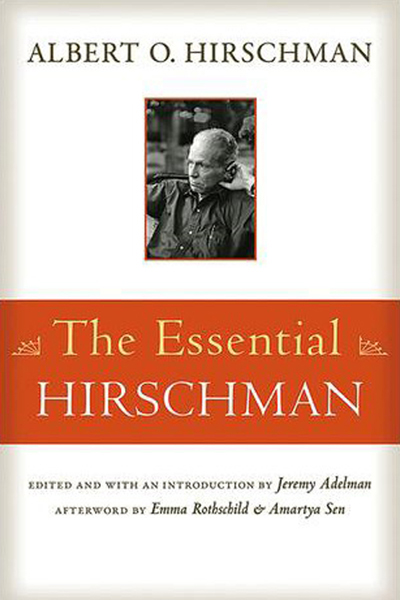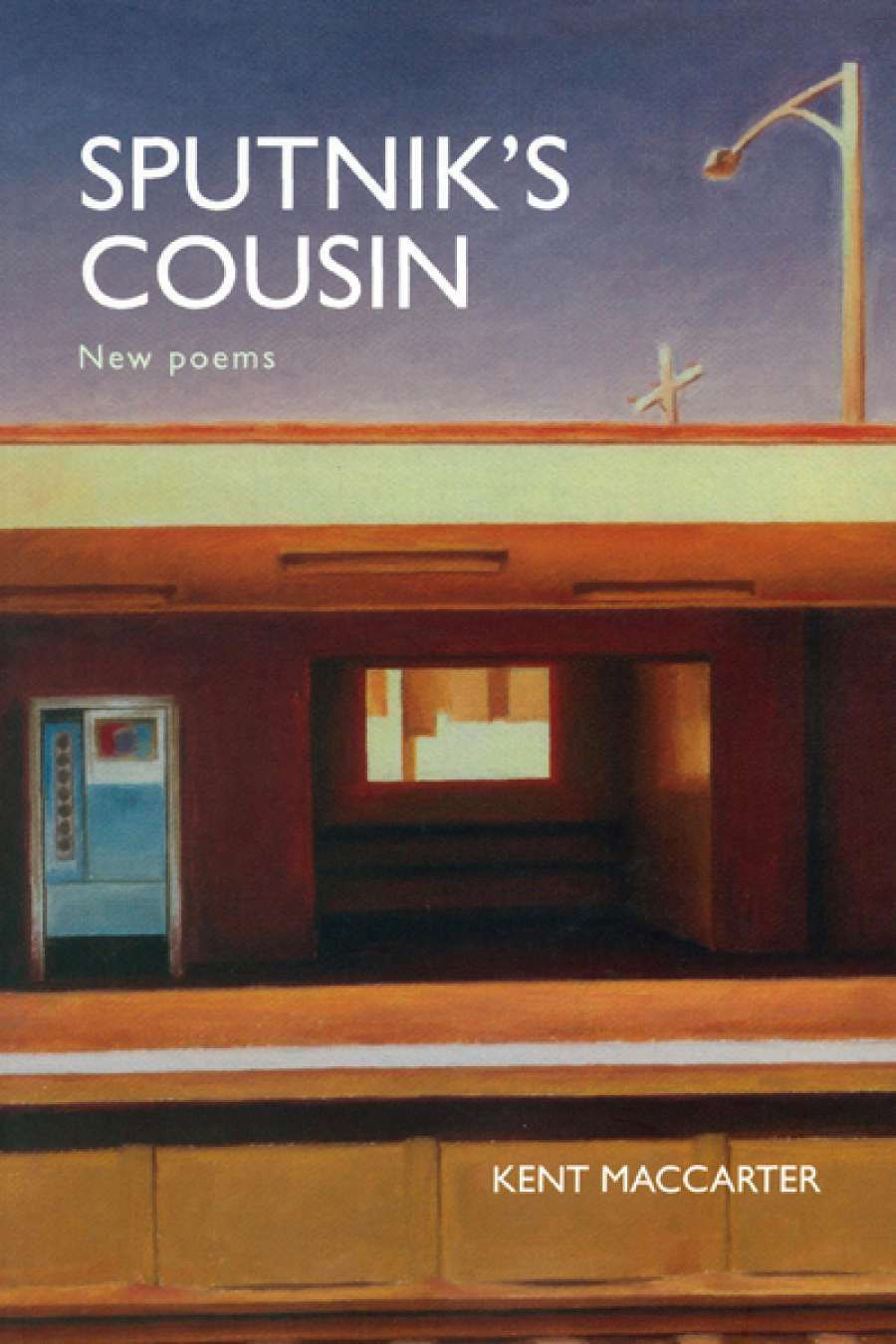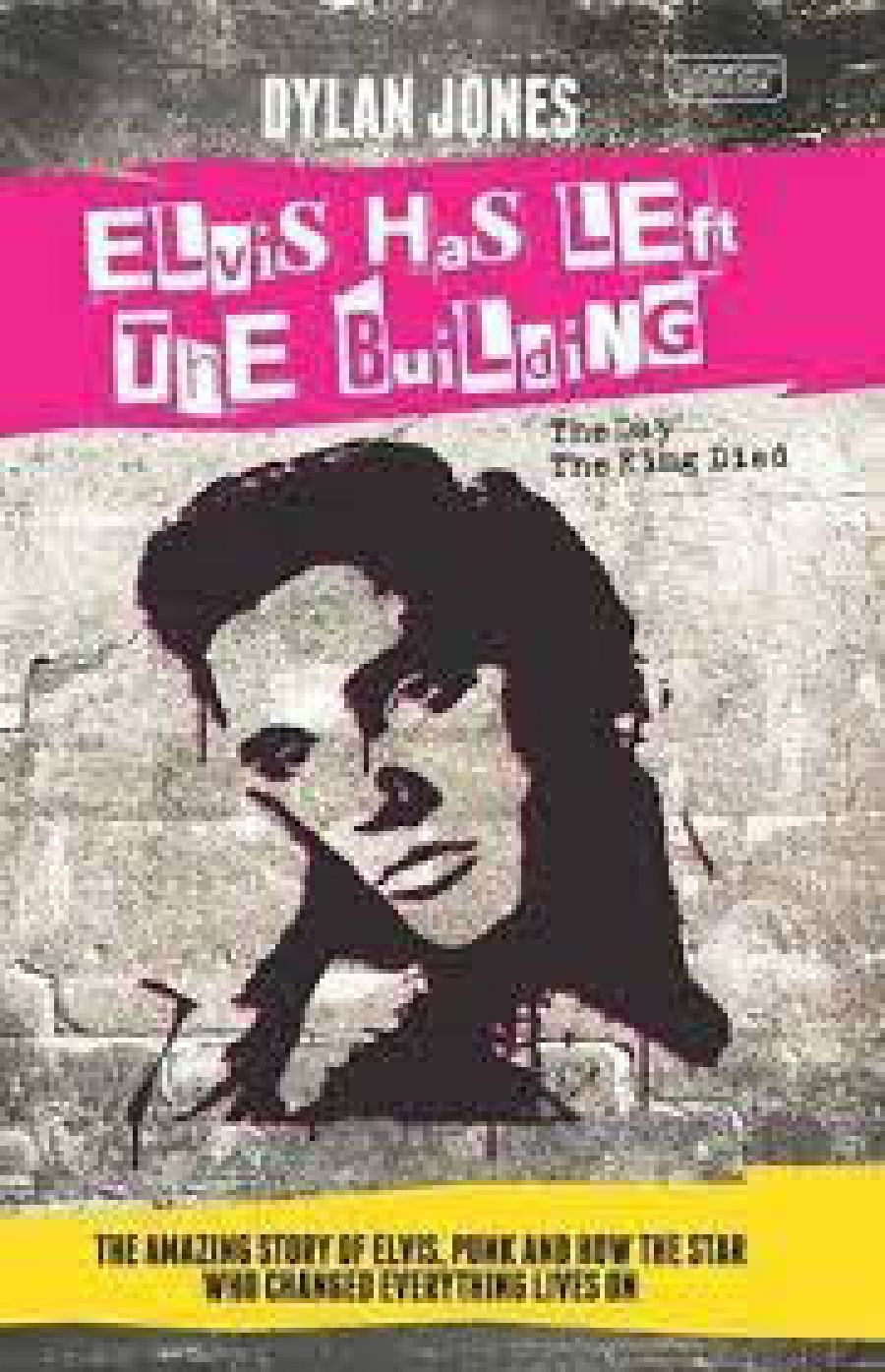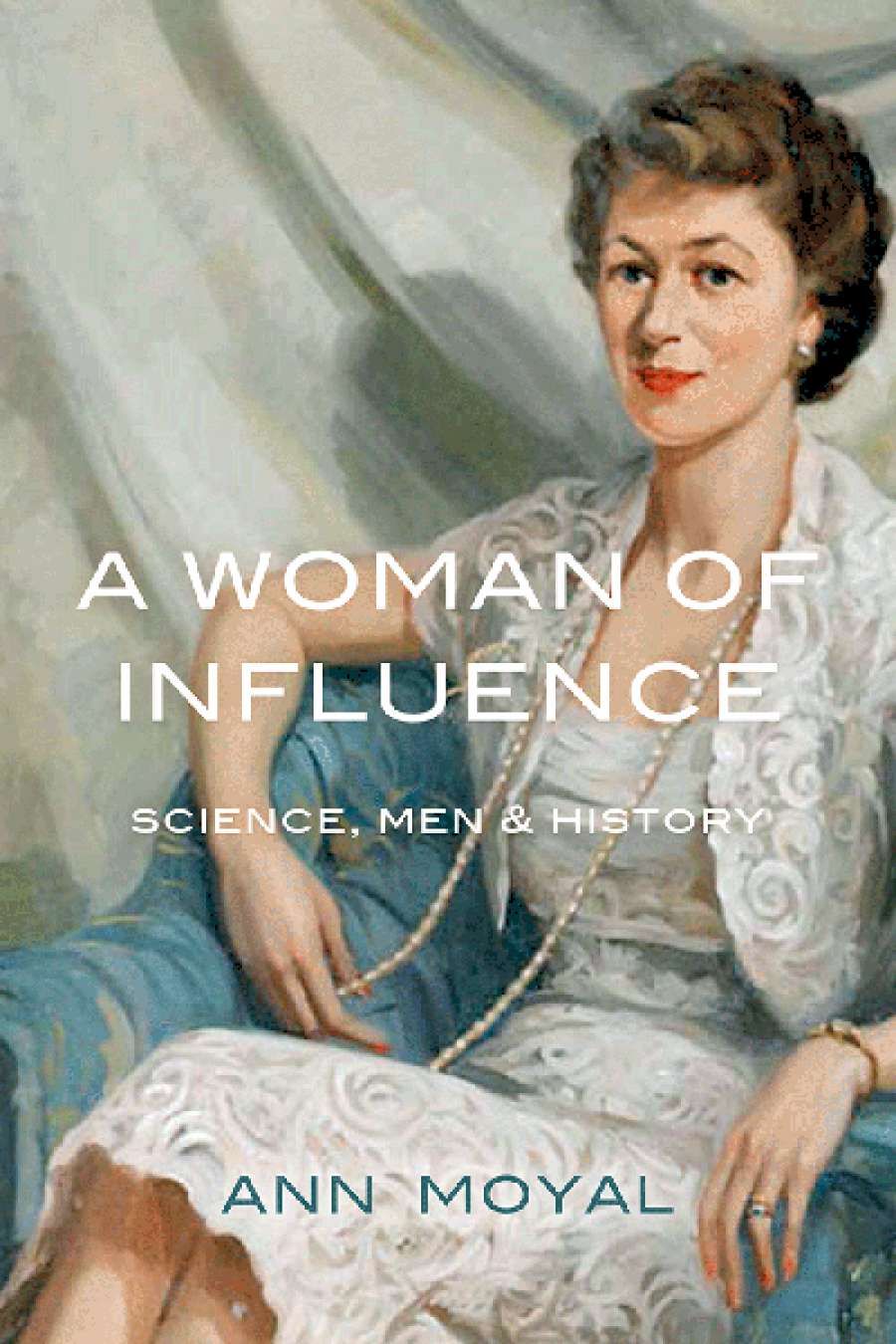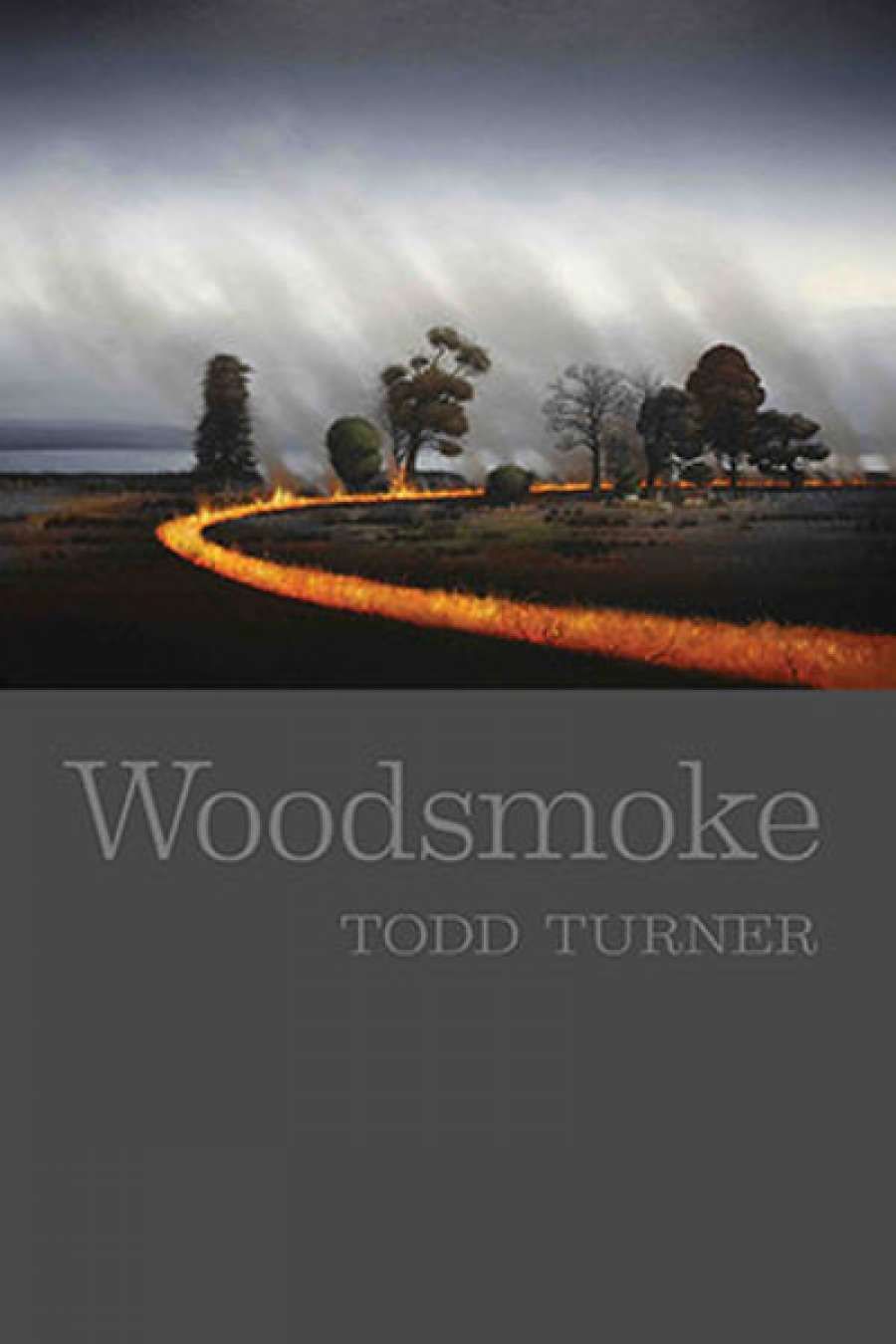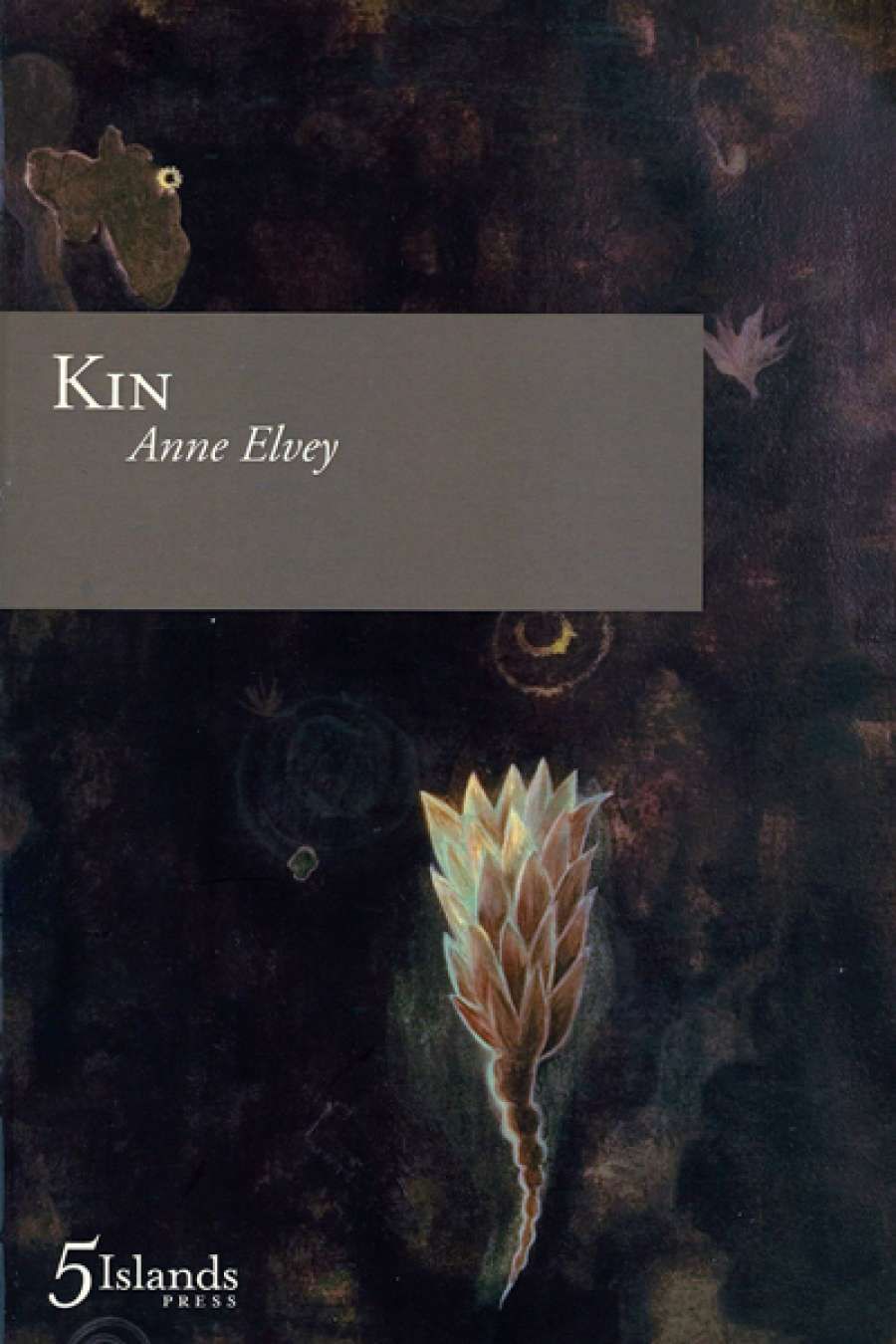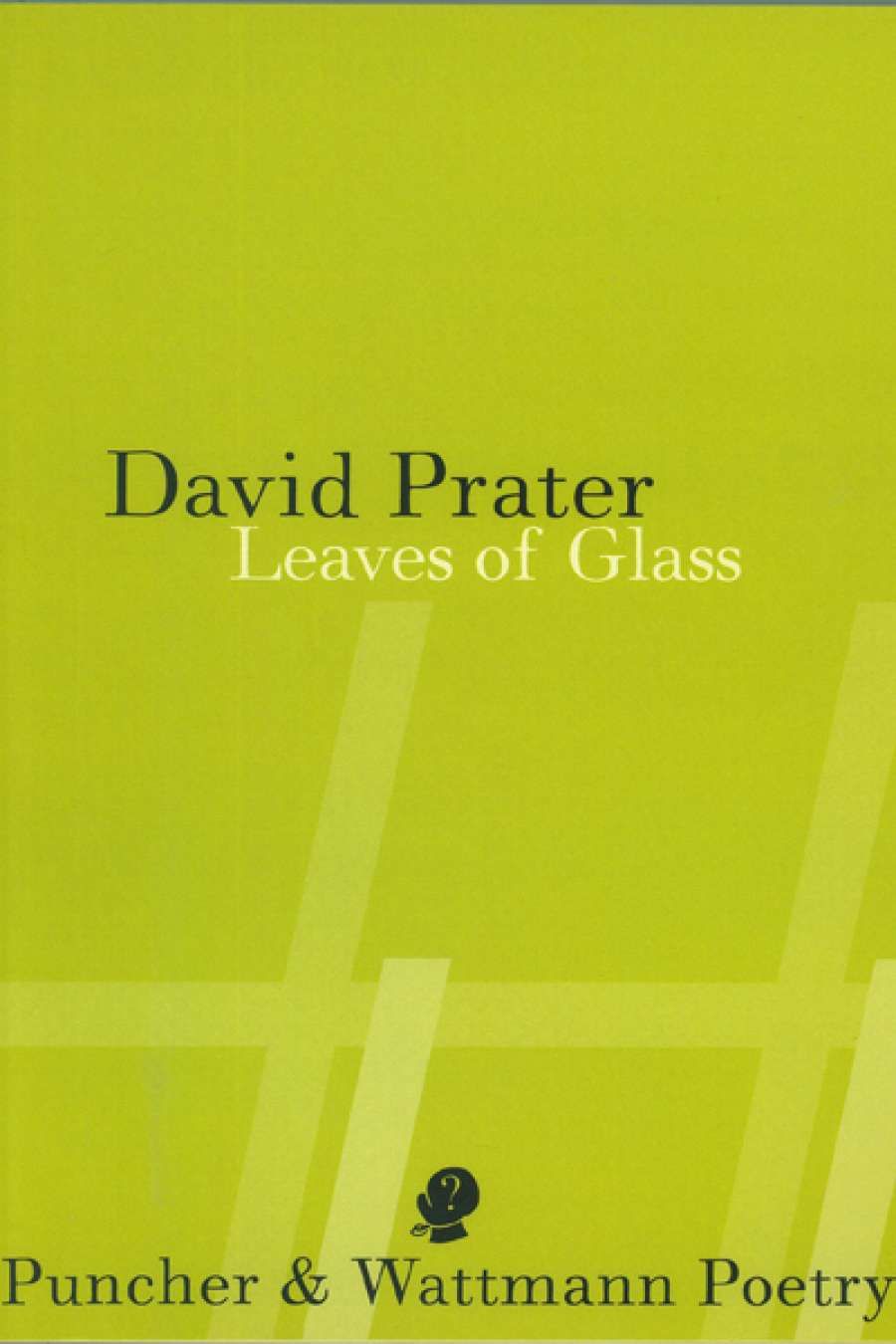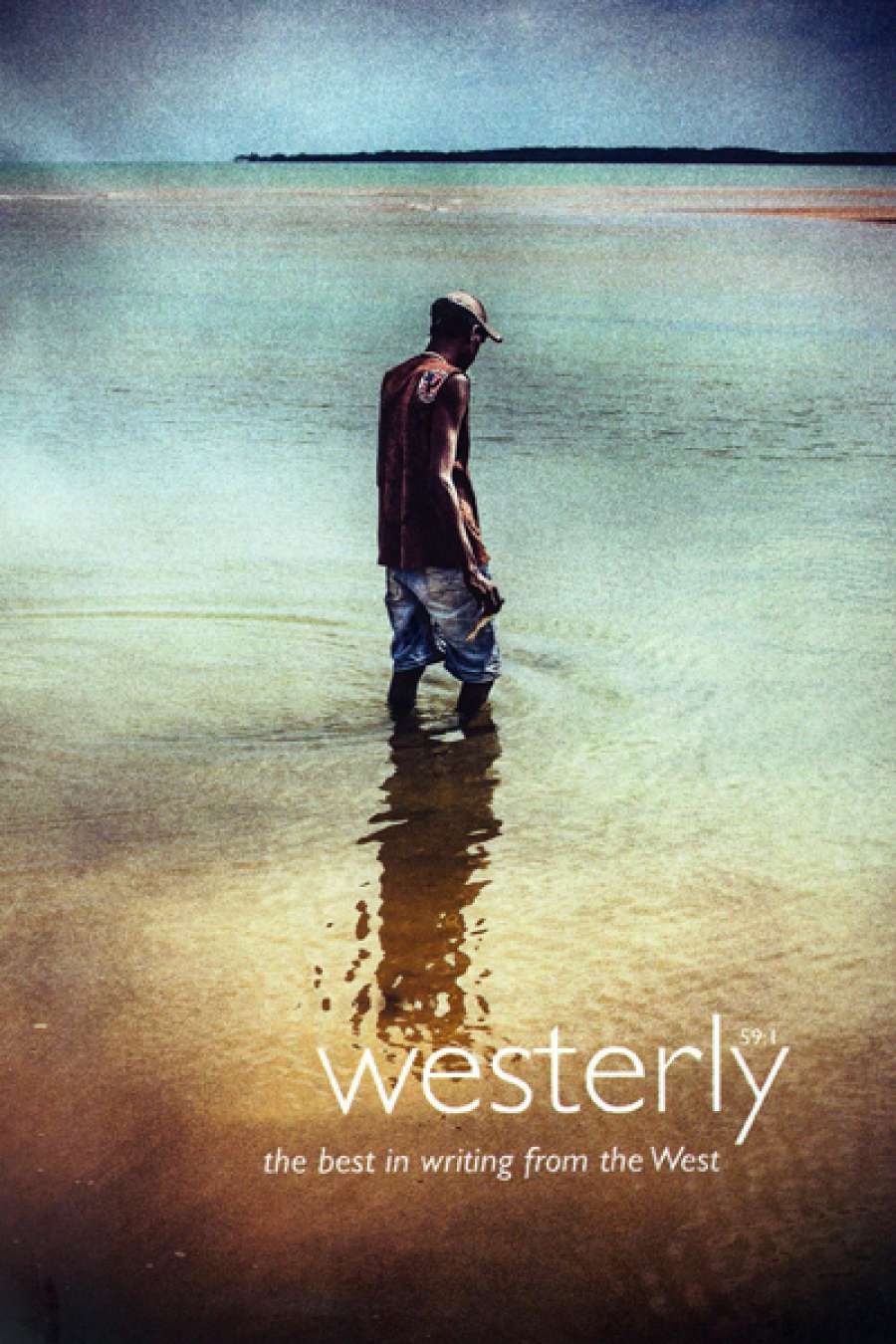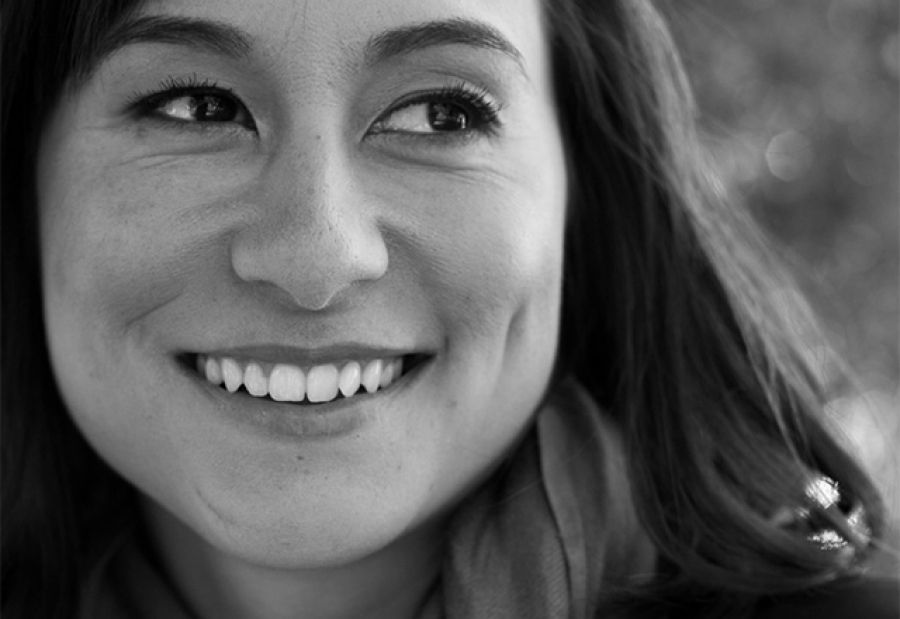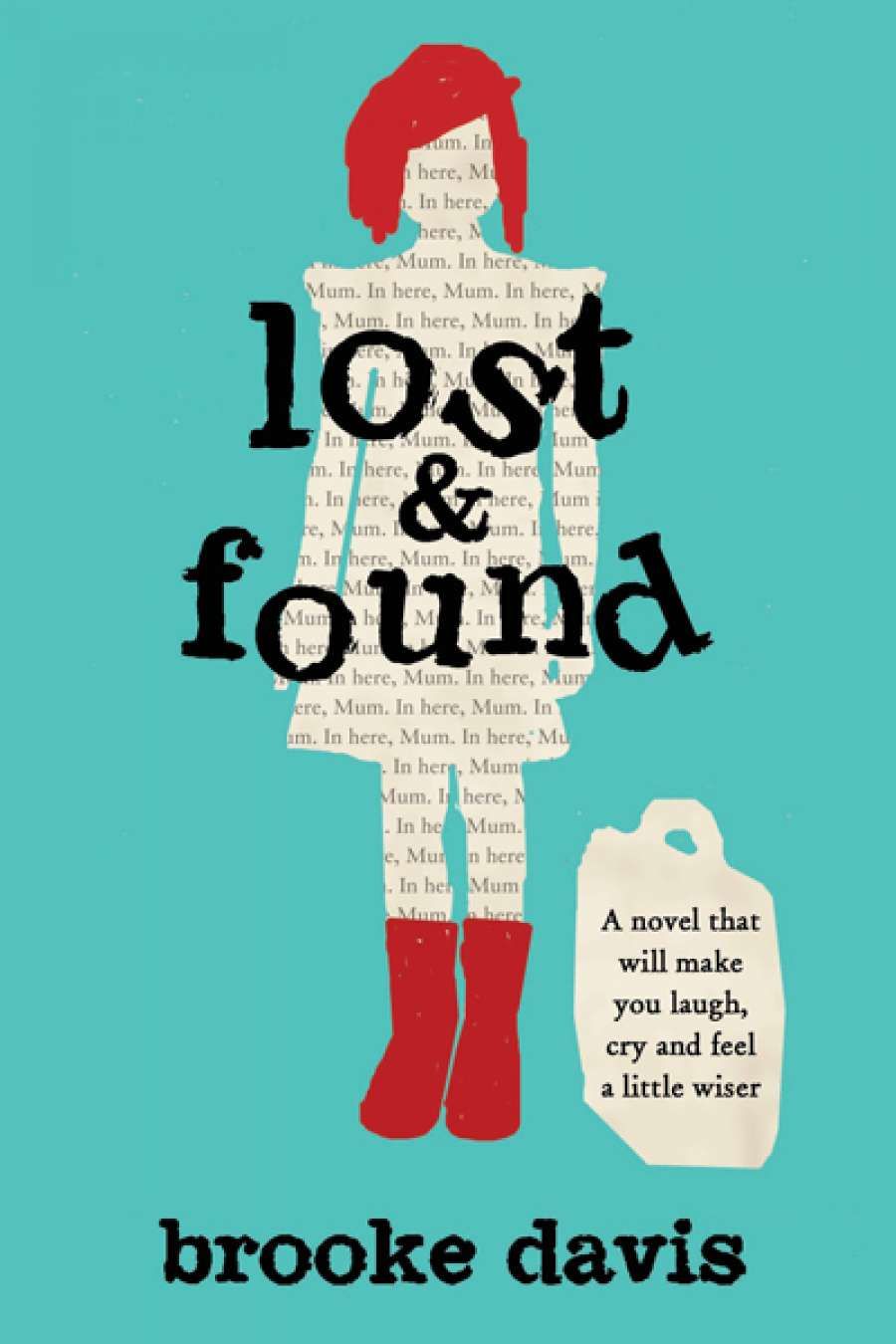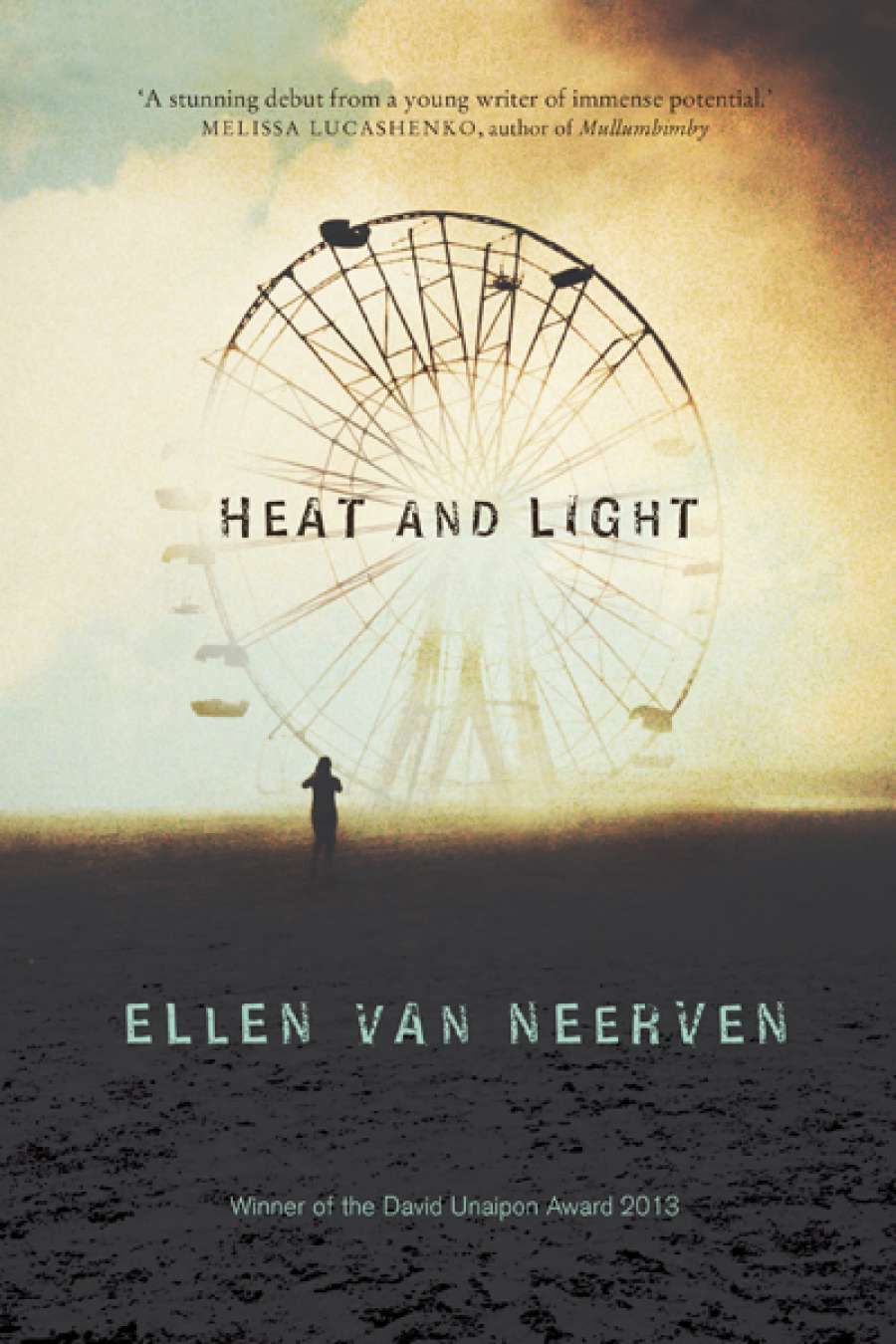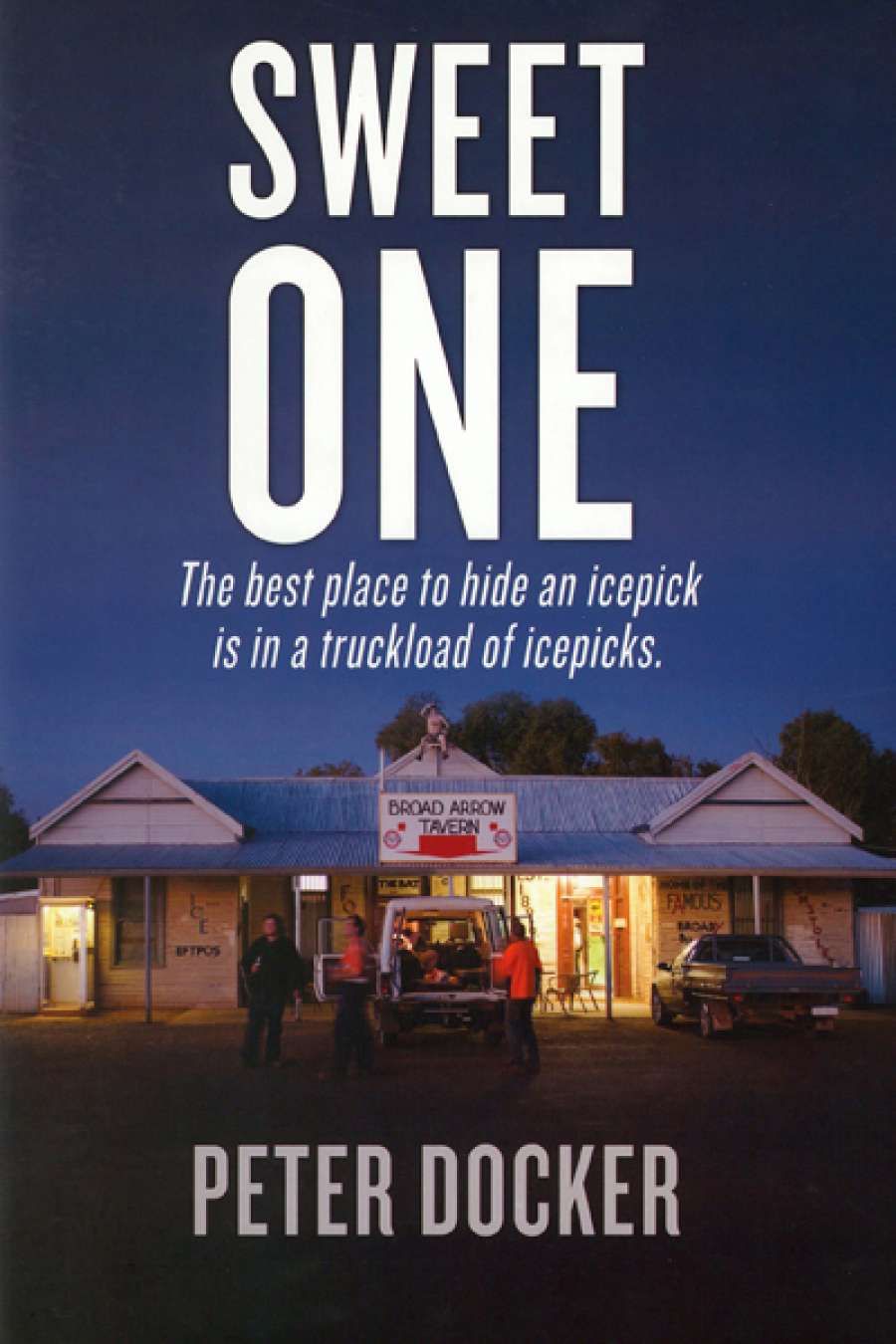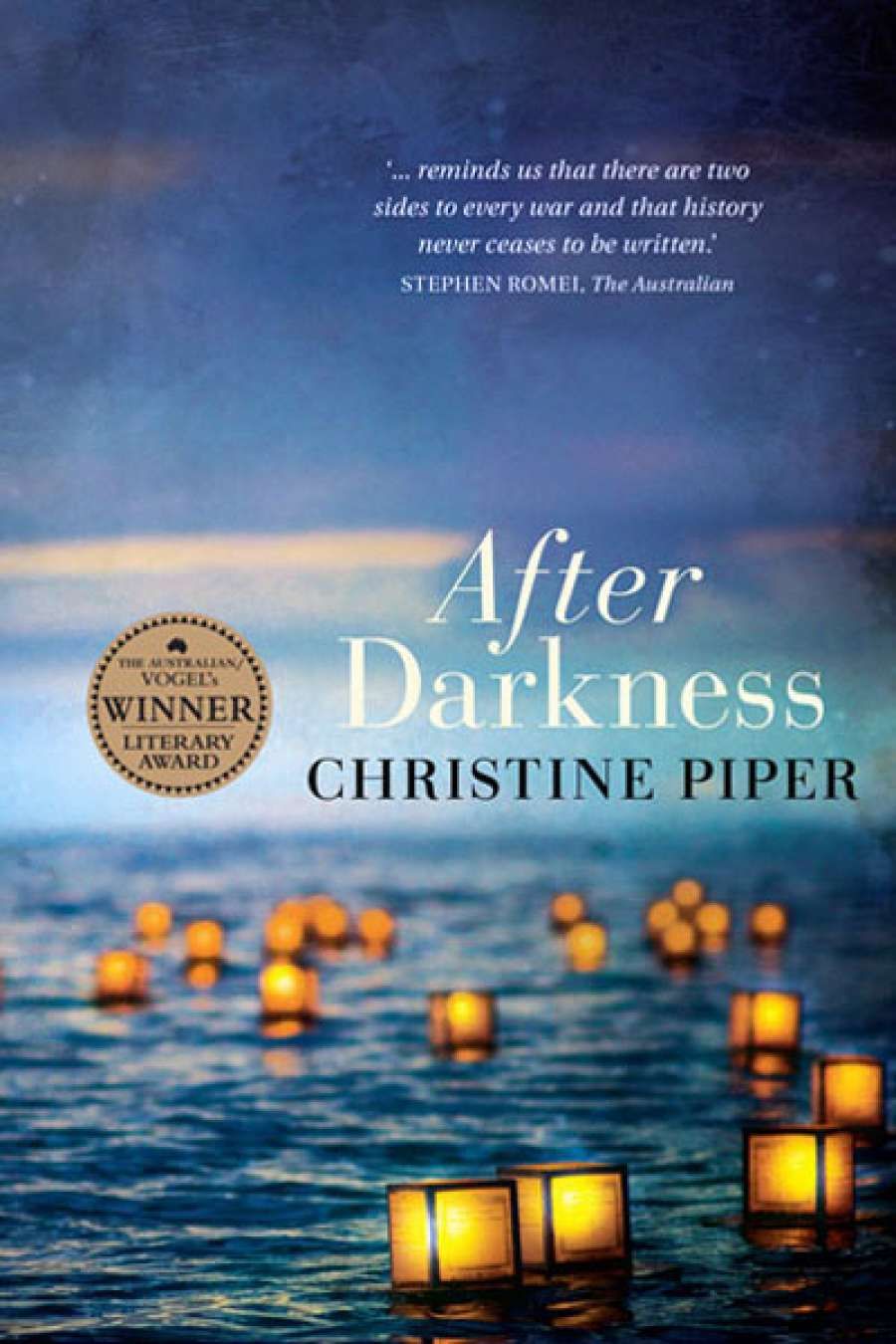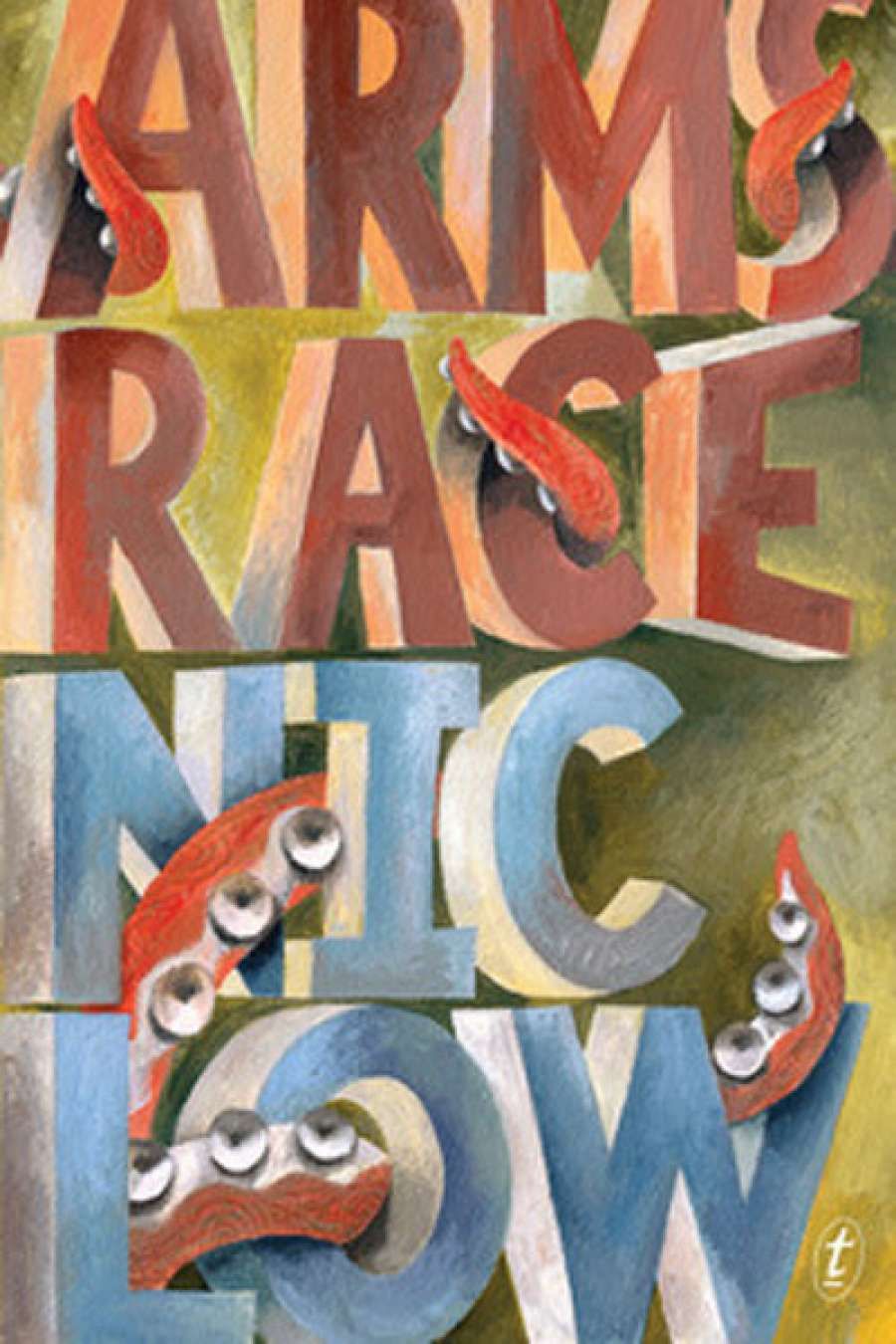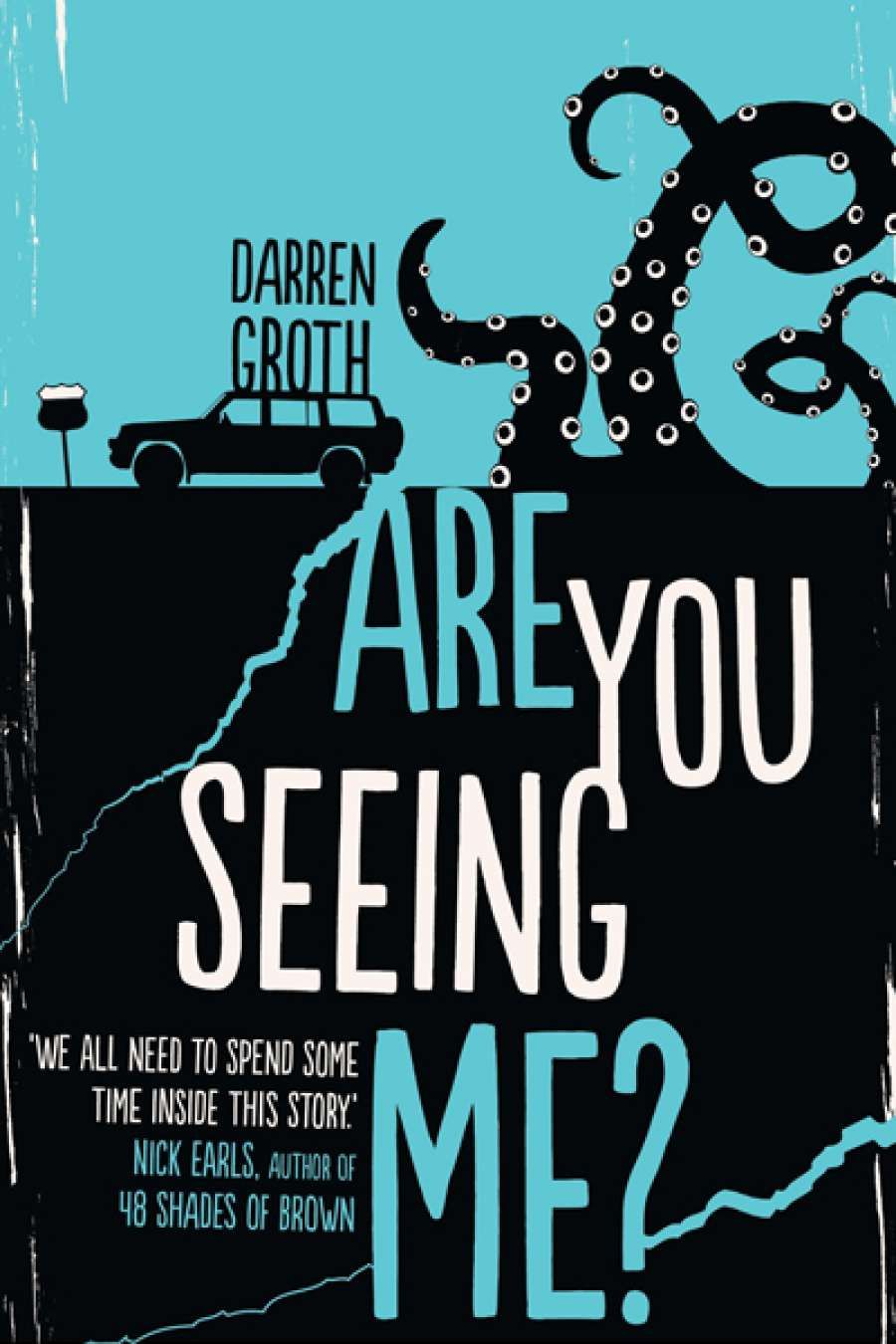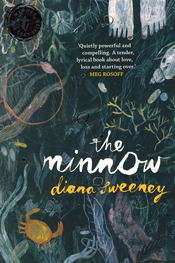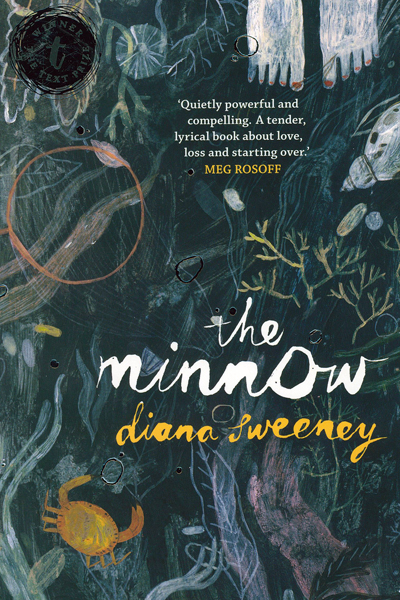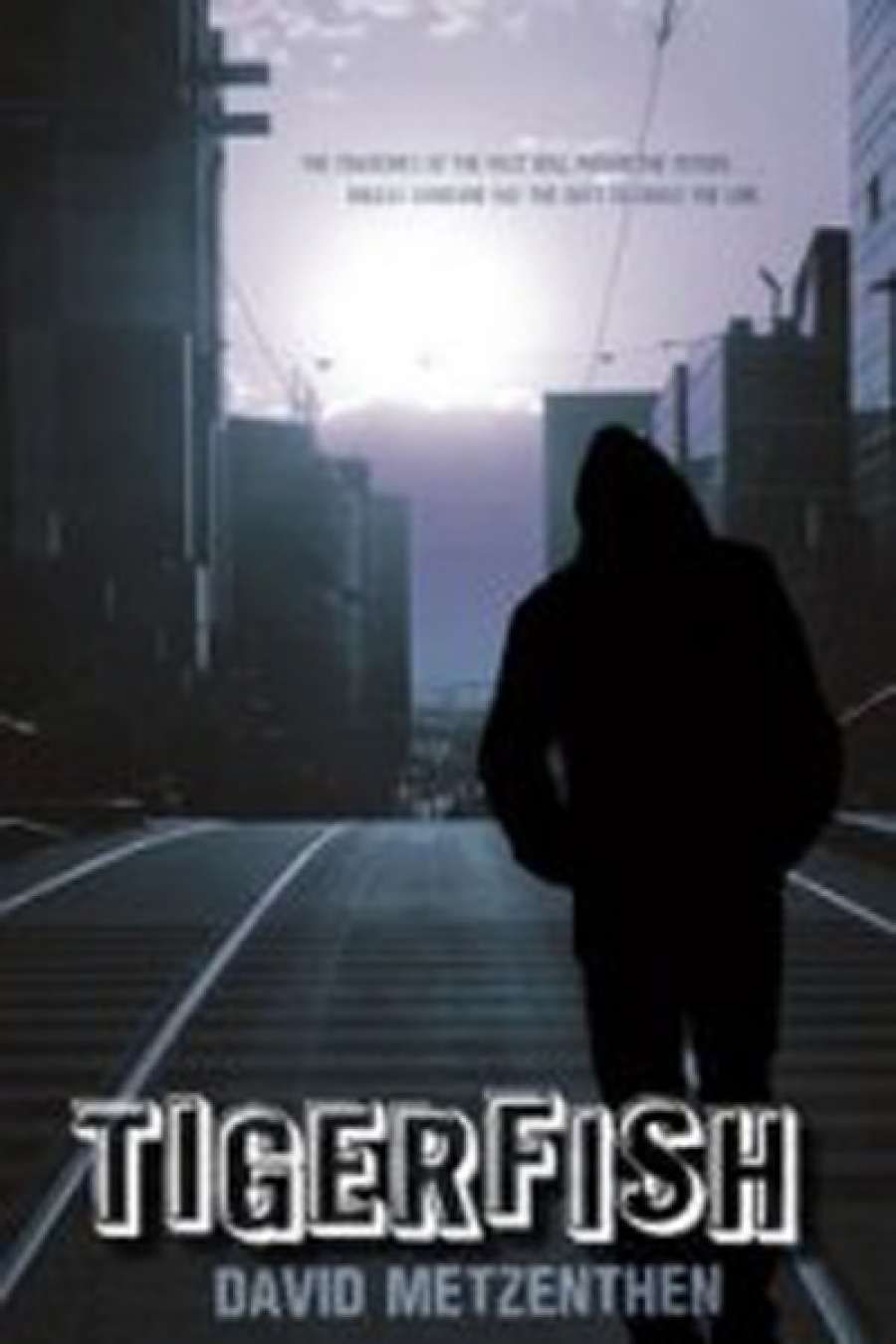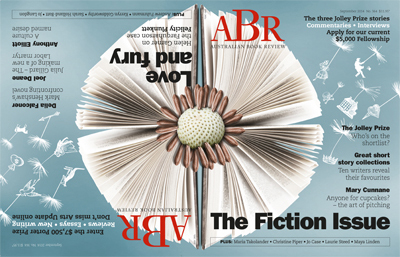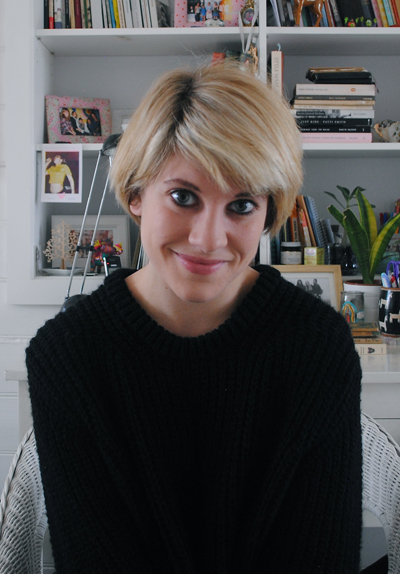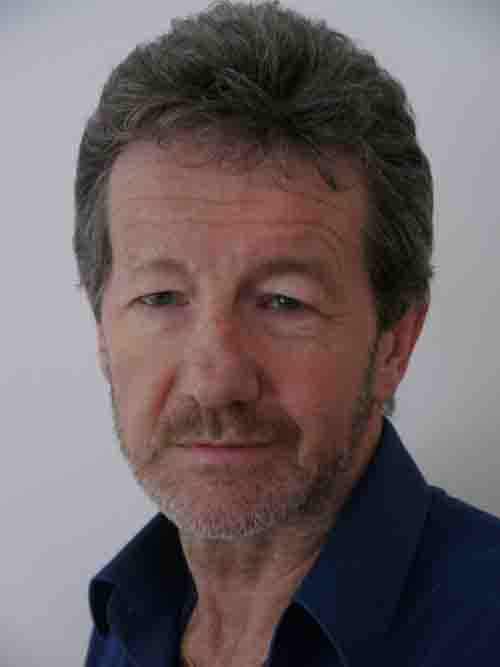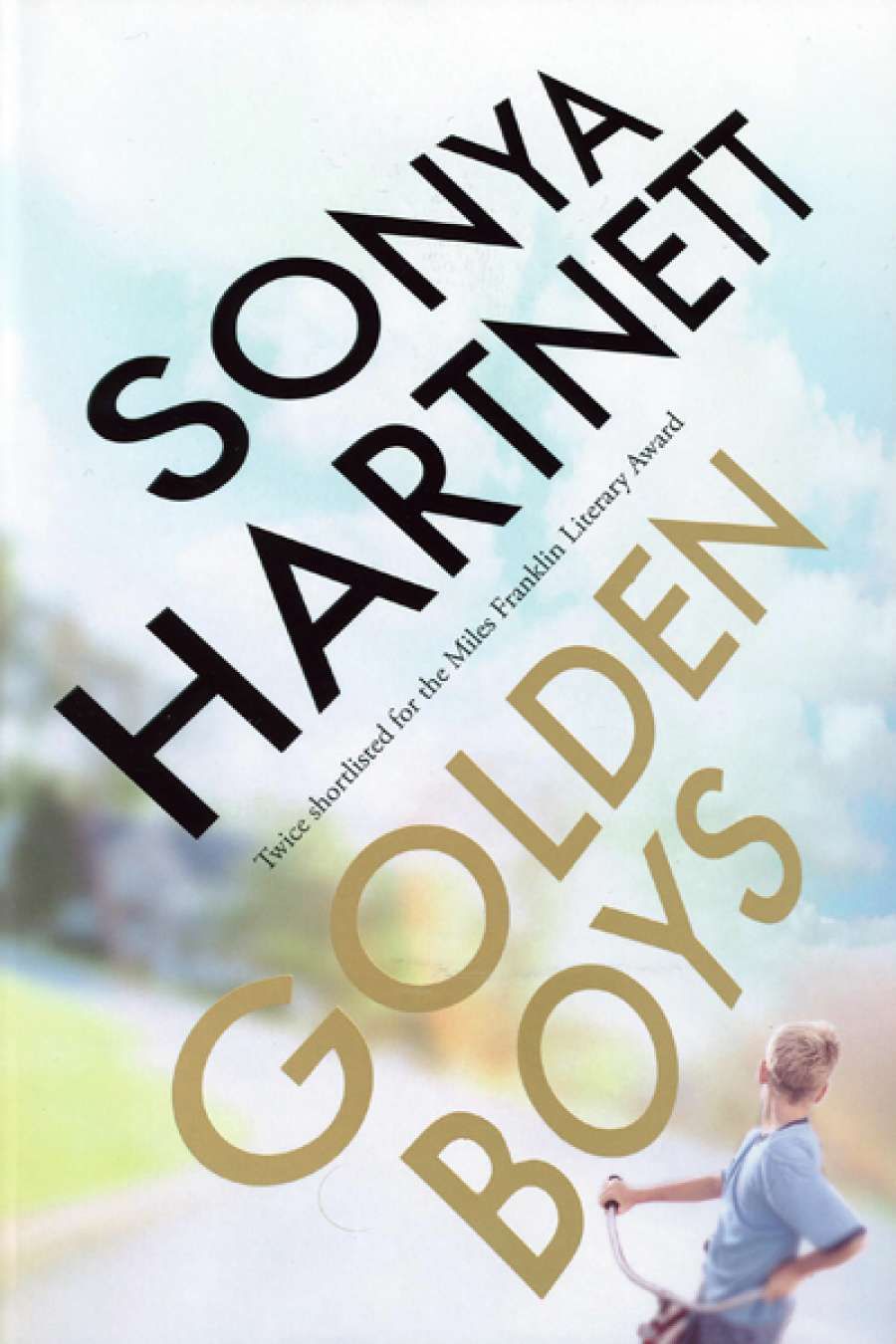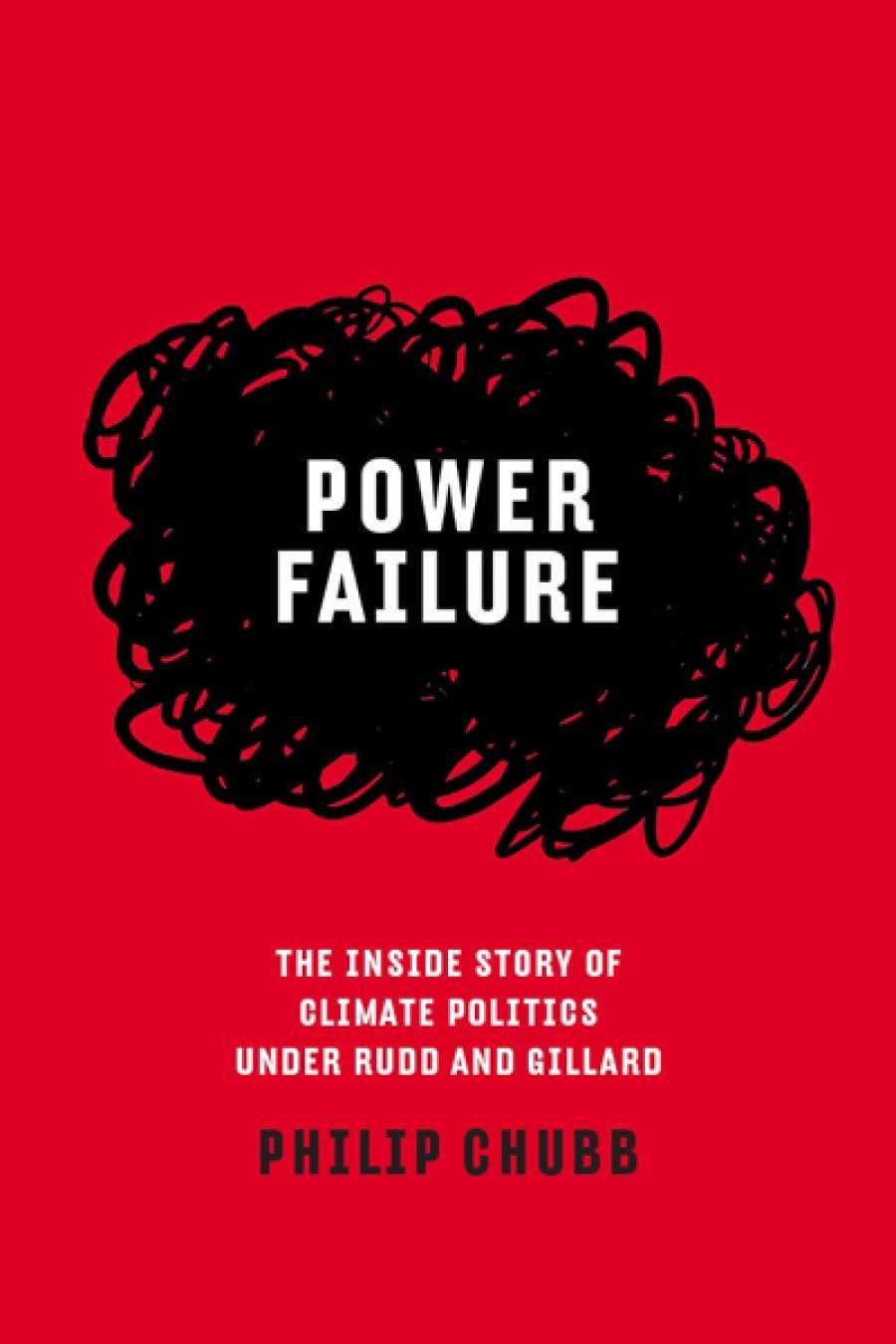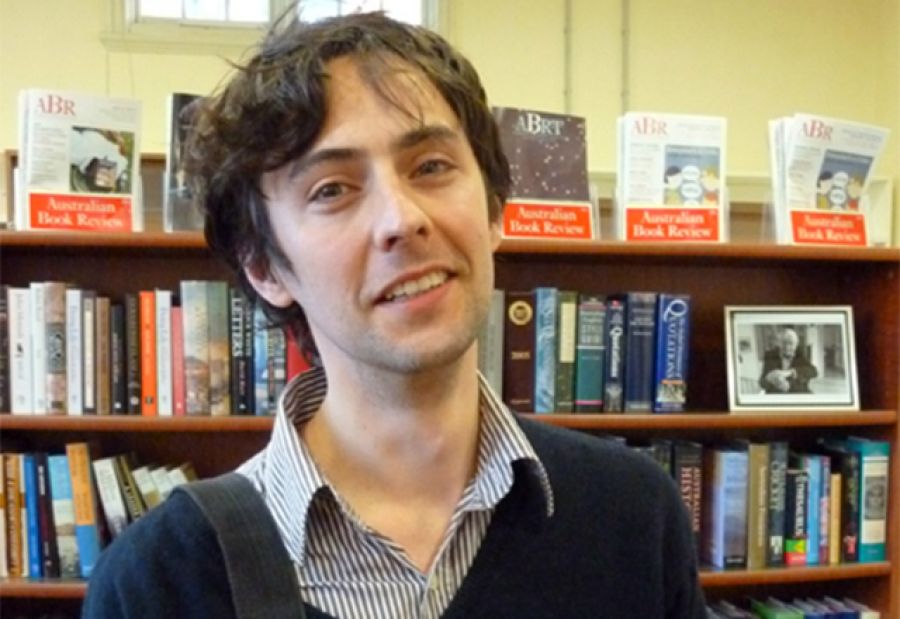I phoned my father when I arrived.
He said ‘Your mum’s just round at Aunty El’s’ in such a way that I knew she wasn’t; that she’d left the room with her hand to her mouth when he’d first said hullo, love, and I felt so sorry for us all.
The hotel room was cool and masculine. I drew back the curtains and looked out. The cityscape glittered through two big windows, like a part of some vast computer. My fingertips tingled if I stood too close to the glass. I wanted to sleep and slipped between the starchy sheets. I couldn’t hear the city below, but all night I kept waking up and going over to the wide glass panes. I don’t know what I expected.
In the morning the view was different and I could see it all as more than a billion lit squares. There was a sprawling park down below. Far off, the symmetrical peak of Mount Fuji. I sat in front of the window, naked, with the glossy map they’d given me in the lobby. I tried to work out where I was.
I met an American woman in the elevator. She was here for work, she said; she visited twice a year. Her husband had long since stopped coming with her.
‘He thinks it’s exhausting. The sort of place you visit once or twice in your life. He’s from Montana.’ She gave an apologetic smile. She took out a palm-sized mirror and inspected her mouth. ‘Are you here on business?’
‘I’m visiting my brother,’ I said without thinking. A small mercy: her mobile phone rang, and we smiled at each other as the elevator doors opened into the lobby. I walked away with blood buzzing in my arms. I thought I’d better get my story straight.
In the house I shared with him and Sigrid we’d lain on the living room carpet in an oxy dream. I was too fucked to lift my arms. Tom and Sigrid kissed in a slow, decadent way, faces turned toward each other, but not for long. I dozed there on the floor in a thick shaft of sunlight, my face pressed to the carpet. When a knock came at the door, the three of us were paralysed: Tom gave an indulgent laugh, but nobody moved.
It was all summertime and glory that year: pikelets, braided hair, and blood oranges; television, speed, flower crowns, silver dreams, tricks of the light. Long walks home from the city after a night that ended in tears and new jokes and pissing on someone’s front lawn, me and Sig giggling with our skirts up around our hips. Power-pedalling up the big hill at night, foreheads spangled with sweat.
We had a poster of the Milky Way tacked up on the wall opposite the toilet, and another poster of constellations beneath it. I learned the names of stars and the pictures they made.
I had no friends – only Tommy and Sig. I was the spectator, the sister; the joyful witness to their Great Passion. The three of us loved one another very hard.
Eri called to say she was running late. I drank a beer and read my book in the greyish light. When she arrived she said hisashiburi and gave me a quick, tight hug. Her hair was cut to her ears. I liked how small and tough she looked.
‘I was late at work,’ she said. ‘Osoku-natte sumimasen.’ She inclined her head in a parody of her own culture and shrugged out of her coat.
I explained what I wanted. Eri might have known. She looked at me levelly while I spoke. A cigarette burned low between her knuckles.
‘I can’t go with you,’ she said. I was the one who looked away. ‘But my friend Yui – her father will take you. He’s a doctor, but he volunteers there sometimes. You can take a bus to Kawaguchiko station.’ Eri stubbed out the cigarette and took up a pen. She said she’d organise it for me. She wrote down her friend’s nameand phone number on a square of paper, and passed it to me with both hands. I never knew when to be humble, when to be reverent. I remembered the set phrases from high school, but not the feel of them in my mouth.
‘Thank you,’ I said again and again. ‘Osewa ni narimasu. Yoroshiku onegaishimasu.’ Thank you for caring for me. Sorry to be a burden. It’s the thing you say. We did it all back to front: first there was hardness; afterwards, decorum. We stayed there until after midnight. We talked about our jobs, about our families. Eri lied and said my Japanese was still very good. She was engaged to a schoolteacher. She hoped I’d come back for the wedding. I lied and said I would. She reached into her handbag and pulled out a blue envelope. Tucked inside was a photo – Eri, Tom and meon Phillip Island, smiling grimly into the wind. Eri wore the pained expression of the exchange student; Tommy grinned from under a ridiculous knitted beanie. He looked healthy, indefatigable, victorious. I was blinking.
Eri leaned on my shoulder, so close that I felt her hair against mine. She looked down at our pale adolescent faces. ‘I thought that I had taken more pictures that day, but I could only find this,’ she said.
I had the spins at Koenji station. I sobered up on the train back to the hotel. In my room I called Sigrid; lovely Sig who’d stayed with him all that time, who’d weathered his shit when the rest of us no longer could.
‘It’s all sorted. I’m going the day after tomorrow,’ I said. I realised I was going to sob.
‘Come home. You don’t need to do this for anyone else. You’re only doing it for you,’ Sigrid said.
‘I’m sorry,’ I said. ‘I’m sorry.’
‘What’s it like there? Is it cold?’
‘You know Buddhists get a new name when they die?’ I told her. ‘To move away from one world and into the next – the afterlife, or whatever, a dead person gets a new name. So they don’t look back.’
‘Like Lot’s wife.’
I wanted to stick my head into the night, to run around a cricket oval until I was ragged in the lungs. I was aching with a mad, violent energy, but all I could do was curl up like a child in the cool bed. When we were kids walking home from school, mum wouldn’t let me cut across the oval without Tom. ‘It’s not good for a little girl to walk there by herself,’ she said. I did it anyway, but with a thrumming heart and quick legs, thinking of strange men and bodies in paddocks. It was a much shorter way of getting home. Whenever I banged through the screen door out of breath, schoolbag thumping against the small of my back, Tommy laughed. He’d say, ‘What are you scared of, Cammy? Worst thing you’re gunna see is Jade Pitrowski getting fingered in the tunnel.’ He never told Mum. Mostly we walked together.
Dad and I found him once living in a shack up near Marysville. He’d been gone from home a few days. Detective games and phone calls to his friends led us nowhere: we had to wait for Tommy to contact us. He did at last, and we went to retrieve him. We left Mum standing in the driveway at dusk, telling us to ‘drive safe’. I was still in my school uniform. Everyone was frightened of what we’d find that time; of what fool’s gold lay at the end of the treasure-hunt instructions he’d made Dad scribble down over the phone. In the end, it was a monstrous Tommy, huddled like a dog in his windbreaker and filthy jeans in some abandoned shed. We couldn’t go home, he said; we couldn’t leave yet. And so we stayed with him in that wormy wood shack. It was not far from the town. Dad drove in on the second morning and bought food and polar-fleece blankets and we tried to make an adventure of it. I was impatient. When it got dark I lit all the candles and sat at the wooden table with my textbooks, highlighting the words someone else had coloured before me. I learned nothing. I did it only to say, Look, you selfish shit, it’s not always about you. See what you’re doing. I copied notes into my exercise books with their ruled margins, and did every revision question surrounded by my lumps of molten wax. I remembered nothing.
Dad and Tom went for walks that lasted for hours. It was never that I was not invited. Once I looked out the window and saw them standing twenty yards apart, knee-deep in grass. Tommy was bellowing something and they were too far away for me to hear at all, but I could see the strain in his neck, his Adam’s apple tight and tired, and I imagined him hoarse-voiced. He flung out an arm in a posture of desperation. Dad waited for him to finish.
We stayed there for three days. On the fourth day we drove home, all of us grimy and sour-breathed in our greasy wool jumpers and boots. Me, the learner driver up front of the station wagon, easing the car around hairpin bends. Tommy in the back with his headphones, snarling at me to ‘fucken’ step on it, will ya’. Dad beside me mouthing to his Buffalo Springfield tape and looking over the sharp, ferny ledges when I wished he’d keep his eyes on the road, or tell me I was taking the corners too fast, because I was afraid. And the asphalt unfurling impossibly before us, canopied by the thickest forest I’d ever seen.
I slept beside a man I’d met in a bar. He was Dutch, an architect, thirty-two, here for a conference. I didn’t care. We fucked twice, and afterwards we rolled away from each other and I told him everything. He tried to put his arms around me.
‘He was your older brother?’
‘Sixteen months older.’
‘Almost like twins,’ he said. ‘I’ve heard about it, the jukai. Sea of trees.’
‘I don’t know what it will be like,’ I said. I felt the grief rising in weak spasms. I got up and went to the bathroom, drank a glass of water from the tap.
‘In some ways it’s almost a pilgrimage that you’re making,’ he said pleasantly. His accent made everything sound silly. I wished he’d stop talking. Above the bedhead was a mirrored pane. I could see my own body reflected in it, the shadow of pubic hair, the faint tan lines from a summer ago. White breasts, glass of water in my hand, flesh settled on my hips. There was a smudged handprint on the mirror, not left by either of us. We’d fucked efficiently, neatly.
I thought I should leave, but he said I should stay. I got back into bed beside him and he reached for me again. He had his arms around me for a long time. One of those blokes who hated silence and loved touching. I wondered if he had a wife or a girlfriend. We must have slept, because I dreamed lightly of flooded fields. I was seeing them from above; I was seeing the water-damaged crops.
We said goodbye in the morning. I got lost trying to find my way back to my hotel. I ended up on the wrong train, then another. I stood on a train platform I didn’t recognise, looking at the map with its complicated coloured lines. I might have started to cry, but one of the white-gloved station employees approached. He had a badge of the British flag on his lapel. He asked if I needed help.
‘This is Yamanote line,’ he said. His fingers traced the map. He showed me where my hotel was, where Tokyo Tower was, where Ginza was, where Akihabara was, smiling the whole time. I kept saying thank you. I felt as helpless as an animal by a roadside. ‘Since you are here in Ikebukuro,’ the man went on, ‘why don’t you try the bōsai-kan?’
‘Bōsai-kan,’ I repeated dumbly.
‘It is a special and interesting earthquake museum. You can experience an earthquake. To feel the feeling.’ He held out both gloved hands, fingers splayed, and bent his knees as if bracing himself. ‘Wa-a-a-a-a!’He laughed. ‘Actually, there is information on various type of emergency situations. It is a good attraction. The entry is free of charge. I recommend this place.’
He’d been so helpful that I didn’t know how to refuse him. I couldn’t simply get back on a train and head off in the right direction. I thanked him over and over again. He gave me a fold-out map, the one I already had three copies of. Marked the route to the museum with a series of neat dashes; warned me it was easy to miss. I kept saying thank you. I wanted to wash the sex off my thighs.
I walked all over the city. I wandered around the streets as if in a hallucination. I was scared that if I went back to my hotel I’d fall asleep there in my cool, clean coffin room. I took photos in the fish markets; I bought a small bunch of peonies and carried them around all afternoon like a fool. I walked through the park I kept seeing from my hotel window. In a quiet suburb full of trees I sat in a tiny café styled like a French pâtisserie. Charles Bradley was playing over the speakers. The coffee was pale and sweet. Ordinarily I would have hated it, but I ordered another and a cake the size of my palm topped with gelatinous fruits and read my book for an hour by the window. It was late afternoon. The light was swimming-pool green. I caught another train, met Eri again for dinner. She brought her boyfriend. I wasn’t hungry. I was beginning to get nervous. Afterwards the two of them headed off to sing karaoke with some friends. I turned down their invitation. I had to get up early the next morning.
I sat on the end of the bed to call Dad again. The bed was neatly made from the day before. I told him about the earthquake museum.
‘The Life Safety Learning Centre,’ he repeated, and laughed. ‘But how did you bloody end up there?’ He laughed harder when I told him about the man at the station, uniformed and well-intentioned, and how I’d gone out of politeness. I told him about the earthquake simulator.
‘It was frightening,’ I said. ‘It went on for longer than I expected. I was surprised.’
He asked if I wanted to speak to mum. I said I had to get up early the next morning.
There was a car accident. It wasn’t me driving round the Black Spur, it was Tommy dozing off in the car on Swan Street, me in the passenger seat reaching over to grab at the wheel. He ruptured his spleen and in hospital he got high on pethidine. He had a vision – colour and dreams in his arms– and all I got was to sit by his chair. He went off theantidepressantsafter that. We learned about them when I did my psych rotation, their uses and side effects. Of course that doesn’t happen to everyone. Of course if you feel drowsy or otherwise affected, you shouldn’t drive. Of course. He went cold turkey, like you’re not supposed to.
‘What does it feel like?’ I’d heard Sigrid ask him once. One of the afternoons when we’d cycled round the Merri Creek trail with bottles of Mercury tinkling in our crates, sprawled out in the sun, read to one another, done the quiz in the paper. We had so much time.
‘Dizzy,’ Tommy had said, ‘these sort of – electric-feeling brain zaps. Like shivers in your head that roll through.’ He’d pressed his hands to her hair, scrunched his fingers, raked them down her skull to her neck, but tenderly. Sig’s shoulders had tensed. They’d thought I was asleep. I realised it was too late to let them know I was listening. ‘Like looking through fog. I just feel out of it.’
‘Must be dreadful,’ she’d said.
‘Gunna be good when it’s over,’ he’d said. My brother with his silly, lovely grin, withdrawing from the good pills. That was May. He went to Japan in September. We’d all waved goodbye to him at the airport. He’d swaggered off singing ‘The Internationale’ for reasons I’ve long forgotten, waving his windcheater at us until he disappeared through the silver doors. The security guard had laughed and dad had laughed and Sig laughed, too, but she’d been crying. Her eyes were leaking and her breathing was ragged. I thought she was just getting ready to miss him. In a way she was. Maybe she knew something the rest of us didn’t.
I’d brought a book to read on the bus but ended up with my face to the window the whole way. I slipped in and out of light sleep, tiny flickering dreams. A sign in a window I couldn’t read; tunnels into the earth; my father with white smoke rising from his belly or chest, he was on fire and didn’t realise. I woke with a start and looked around me. I wondered if I’d cried out. I kept my headphones on and looked out at the mountain drawing closer.
Mr Ukai met me at the bus stop. He was a small, slim man in a parka. He held out his hand for me to shake. In the car he played Bob Dylan.
‘Osewa ni narimasu. Thank you for doing this,’ I said.
‘It’s good to be able to help. I go there to help anyway.’ His English was clear. His eyes did not move from the road.
‘Even so. It’s a big ask – it’s a big favour. I’m grateful. Yoroshiku onegai itashimasu.’
‘Ii-i-e. I think it is not so good for you to go there by yourself,’ he said gently. ‘I think, if you are not too tired, we will go to there now. We don’t want to be in the forest after dusk. It is a dense place.’
‘I’ve read a little bit about it,’ I said. ‘I read about that book. Kanzen Jisatsu Manyuaru.’
‘The Complete Manual of Suicide.’ He shook his head. ‘I think it is maybe a hysteria. I think you cannot blame a book. This sadness is an epidemic. It did not come from bookstores. But,’ – we slowed at a corner and he turned to look at me, one hand on the gearstick – ‘I have not read this book, so maybe I don’t know.’
The roads were wet. The trees were fat with the sort of haze I imagined would burn off later in the day. I felt as if I’d been awake for a long time, but it was still morning.
‘Yui tells me you are medical student. Very good.’
‘Well, I’m not very good. I’m just passing,’ I said. ‘And I still don’t know if it’s what I want to do.’
‘I still don’t know either. And I am a doctor for thirty years.’ He laughed. ‘What do you like most?’
‘I want to be a diagnostician. I like solving puzzles,’ I said. ‘But I don’t know if I work hard enough for that.’
We pulled in to a carpark. We’d arrived suddenly. I hadn’t been looking for signs. Mr Ukai sat for a moment after he cut the ignition, looking at something I couldn’t see in the rear-view mirror. I thought he was going to ask me if I was ready, but he just reached into the back seat for his plastic water canteen.
From the car boot he took out a smaller women’s rain jacket and handed it to me. He retrieved a backpack, a torch, and a length of fluorescent-yellow nylon cord, neatly coiled. That nearly brought me to my knees. I had a bad feeling in the guts. It smelled like new earth out here, petrichor; like bright air. I tried to think about that instead of the nylon cord.
Mr Ukai shut the boot gently. He slung the backpack over his shoulder, and his waterproof jacket gave out a rustle.
‘Ja, ikōka?’
We started toward the entrance. The leaves were wet underfoot.
‘People say it’s a mystical place, they say, nanka, many kind of thing, but it’s just a forest,’ he said. ‘The mystery is why are so many people sad.’
It struck me as a distinctly un-Japanese thing to say. The woods were darker than I’d imagined. It was all electric green moss and untamed tree roots crawling over the forest floor. It felt prehistoric. We came to a length of yellow rope stretched across the path. There was a sign that said No Entry. Mr Ukai stepped right over it, then held it down so I could do the same.
‘I think it is best, from here, if I walk first,’ he said. He inclined his head. I nodded.
‘Of course.’
‘Cammy-san. If the experience becomes too heavy, nanka, tsurai – we will go back to my car. Please do not be troubled. Do – not – hesitate.’
He pronounced my name kami, like ‘god’. I nodded again. I had my thumbs looped through the straps of my backpack. I felt like a child on an excursion.
We fell into step single file, me behind him. I wondered what he’d meant, exactly, with his polite, broken English. There was such a chasm between us. I thought about Eri saying ‘I can’t go with you’.
I kept my eyes fixed on Mr Ukai’s back, or on my own running shoes, caked with wet leaves. When he started humming to himself, I thought it must be safe to look up. There was tape everywhere, strung between trees. Some of the trunks had numbers spray-painted on them. Mr Ukai stepped off the main trail onto a smaller one. He looked back at me. He said, daijōbu? and I said daijōbu. I could feel sweat cooling on my neck.
It had been weeks before the funeral took place. There were complications bringing Tommy’s body back. For a while the Japanese seemed to think there should be an autopsy, and that they should be the ones to undertake it, but that faded. I took half a valium before the service and another after I’d read my eulogy.
There was no word for closure in Japanese. I’d looked it up online in my hotel room the other night.
Mr Ukai had stopped humming. He was walking respectfully, if that were possible. Everything he did was gentle. He surveyed the forest calmly. His eyes went everywhere. I flinched at it.
There was human detritus everywhere. Plastic umbrellas, food wrappers, mittens, lengths of rope, a bicycle, a pair of scissors, a blue tarpaulin. The trees were so thick overhead, I wondered how they let any light through. I could see why Tommy would have loved it here.
Mr Ukai paused. He waited until I was beside him, then he pointed at the base of a tree a little way off the path. There was a marker at its base. Someone had left a bouquet of flowers, pink cellophane, and a tiny banquet of food, laid out on a piece of cloth.
‘It is recent,’ Mr Ukai said. ‘Maybe someone else is making our same journey today.’
A few steps further I saw a skull turned green and a rotten shoe. There was a crop of tiny mushrooms growing by the heel of the shoe. Their stalks were young and firm. I squatted with one hand on a damp tree and vomited. Mr Ukai handed me a pocket pack of tissues. I wiped my mouth. I waited until I was sure I wasn’t going to do it again, then I stepped past Mr Ukai. I zipped my water canteen back into my backpack. I apologised in a way that sounded too formal.
‘Maybe a place near here would be good,’ he suggested when we started walking again.
‘It’s beautiful, but there’s no light.’
‘Aokigahara is a very dense place. That’s why it is jukai. Sea of trees.’
‘I know,’ I said. I felt rude. ‘I just thought maybe we could find a clearing.’
We walked for a long time. I watched the soil under my feet. The trees closed over almost completely, so that I had to bend my head in parts, but we did come to a clearing. ‘Here,’ I said, ‘I think this is a good place.’
‘It is,’ he agreed.
My mouth tasted like vomit. I took off my backpack and fished out the plastic bag.
‘Cammy-san. If you wish, I can go somewhere else. So you can be discreet.’
I looked up at him. I shook my head. ‘I don’t need to be here long.’
I took the letters and the hammer out of the plastic bag. I chose a tree. I lined up the pieces of paper. They were neatly folded into four, no envelopes. I fixed them to the tree. The nails were probably too small, but they held. I nailed Eri’s Phillip Island photo to the trunk, too, then the yellowed poster from our bathroom in the Yarraville house, the one with the constellations.
When I finished hammering I stood back to look at my shrine. Mr Ukai was on the other side of the clearing, sitting on the trunk of an enormous fallen tree. He was watching me with a placid face.
‘Please take your time. Do not hurry,’ he said.
‘I think I’m done,’ I said. I left the hammer by the tree. I had no further use for it.
Afterward Mr Ukai took me back to his house. His wife served us green tea and small sweet cakes and mandarins with tough skins. We sat at a low table. Mr Ukai said it was all right not to kneel. Mrs Ukai looked at me the way you might look at an orphan. She asked gentle questions. We winced at each other. Once the sugar sadness in my mouth was almost too much, but I looked down at the table and it passed.
Their daughter Yui was my age. She arrived home from university and introduced herself.
‘Yui has just been on student exchange. For one year. In Austin,’ Mr Ukai said.
‘Texas,’ Yui said. She gave a little smile. Fathers and daughters were the same everywhere you went. Mrs Ukai insisted on cooking me dinner. She made yudofu, tsumire, and daikon. I was surprised at how hungry I was.
‘Yudofu is my favourite,’ Mr Ukai said. ‘I have tried to cook yudofu myself, but I am not so good as my wife.’ He laughed pleasantly. His wife did not speak English. She smiled at me through the steam rising from her bowl.
After dinner Yui and I stood in the dark outside on the wooden verandah and smoked a joint. She spoke with an American accent so convincing she even had a slight drawl.
‘I’m sorry about your brother.’
‘It’s okay. I don’t think there’s anything we could have done to stop him.’ My arms were feeling warm on the inside. I had the sudden urge to stand close to Yui, to let our arms touch, to see if hers were hot, too, but some part of me realised I was high.
‘Why did he come here to do it?’ she asked.
‘I don’t know. He did a student exchange here when he was in high school. He never knew what he wanted to do. I’d never heard him talk about Aokigahara before.
But now I’ve seen it, it makes sense to me.’
‘It’s a beautiful place,’ Yui said. I wanted my mother.
The last bus to Tokyo left at 8.10 pm. Mr Ukai drove me back to Kawaguchiko station. As we approached the station I began to thank him again, clumsily. We parked beneath a floodlight.
‘There is a Japanese saying, nodo mo to sugireba atsusa o wasureru. Do you understand?’ Mr Ukai asked. I shook my head. ‘It means, One forgets the heat once it has passed down the throat.’
My backpack was heavy on my lap. I went on thanking him. He got out and waited until I was on the bus. I waved at him from the window. He was still standing there when the bus pulled away. I waved until I couldn’t see him anymore.
I felt as if I’d been gone for days when I got back to the city. I couldn’t bear the trains and the streets. I couldn’t bear this country.
I felt filthy. In my hotel room I took off my muddy running shoes and threw them straight into the wastepaper bin. I started to undress to get in the shower, and then I thought I’d better phone my dad if I was going to do it at all.
‘I went. I saw it.’
‘Oh, Cammy,’ he said. ‘Are you all right?’
I sat on the edge of the bed. ‘Do you remember that time we went to get Tommy from the mountains, and we drove home through the Black Spur? The trees were thicker than that.’
He began to cry. I heard him sucking in air through his teeth.
'Aokigahara' by Jennifer Down won the 2014 ABR Elizabeth Jolley Short Story Prize. Click here for more information about past winners of the Jolley Prize.
